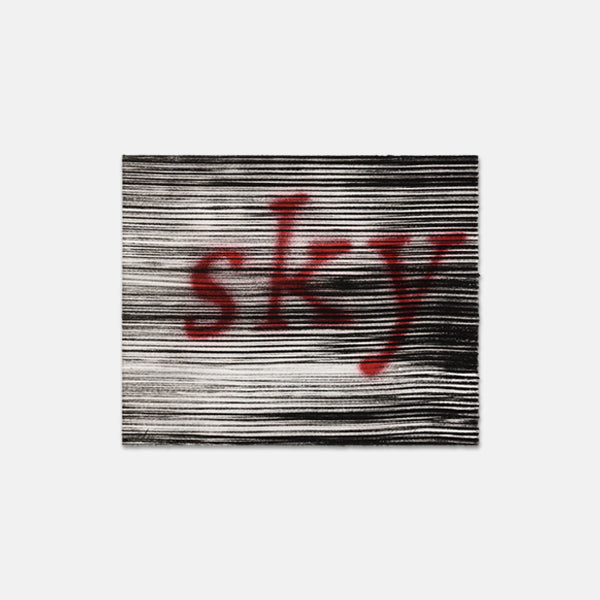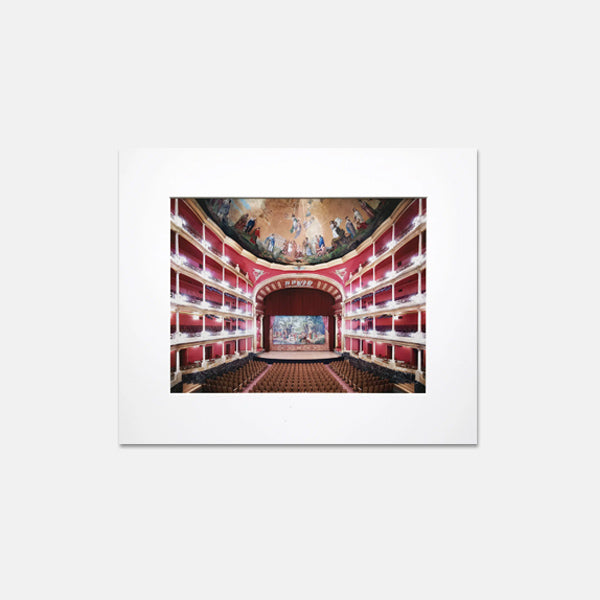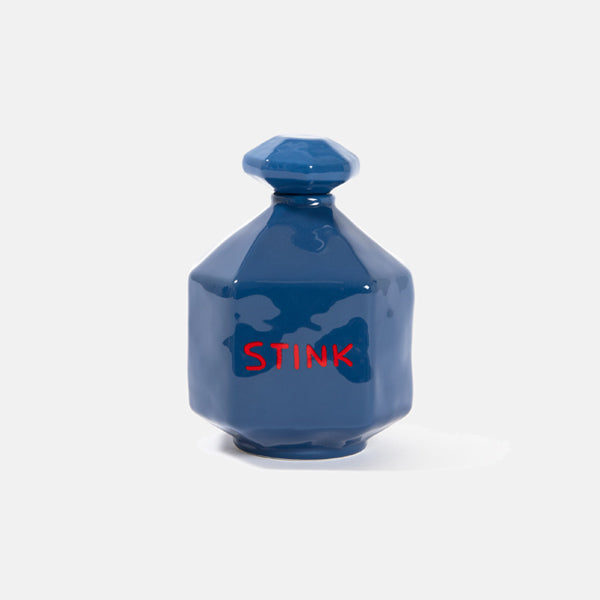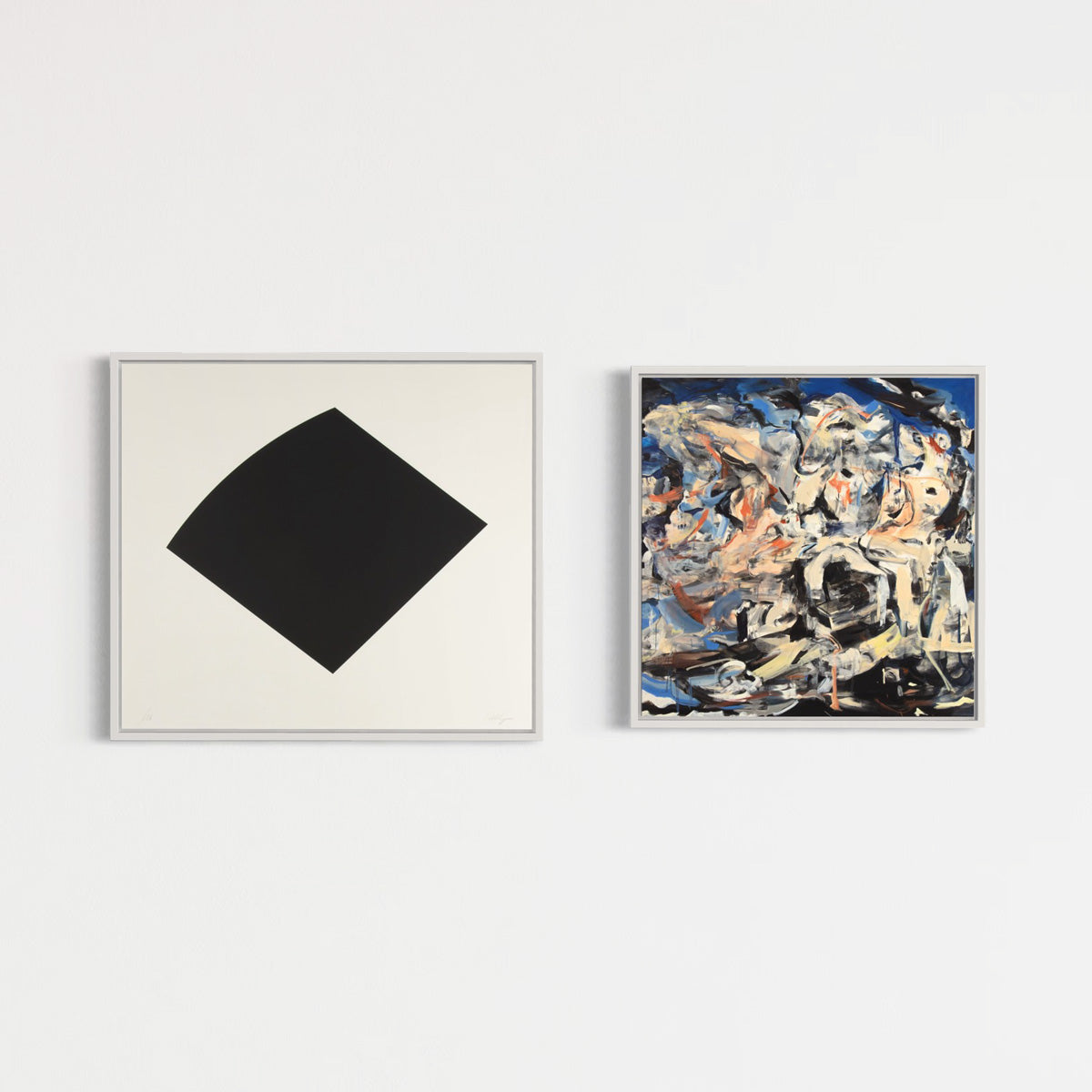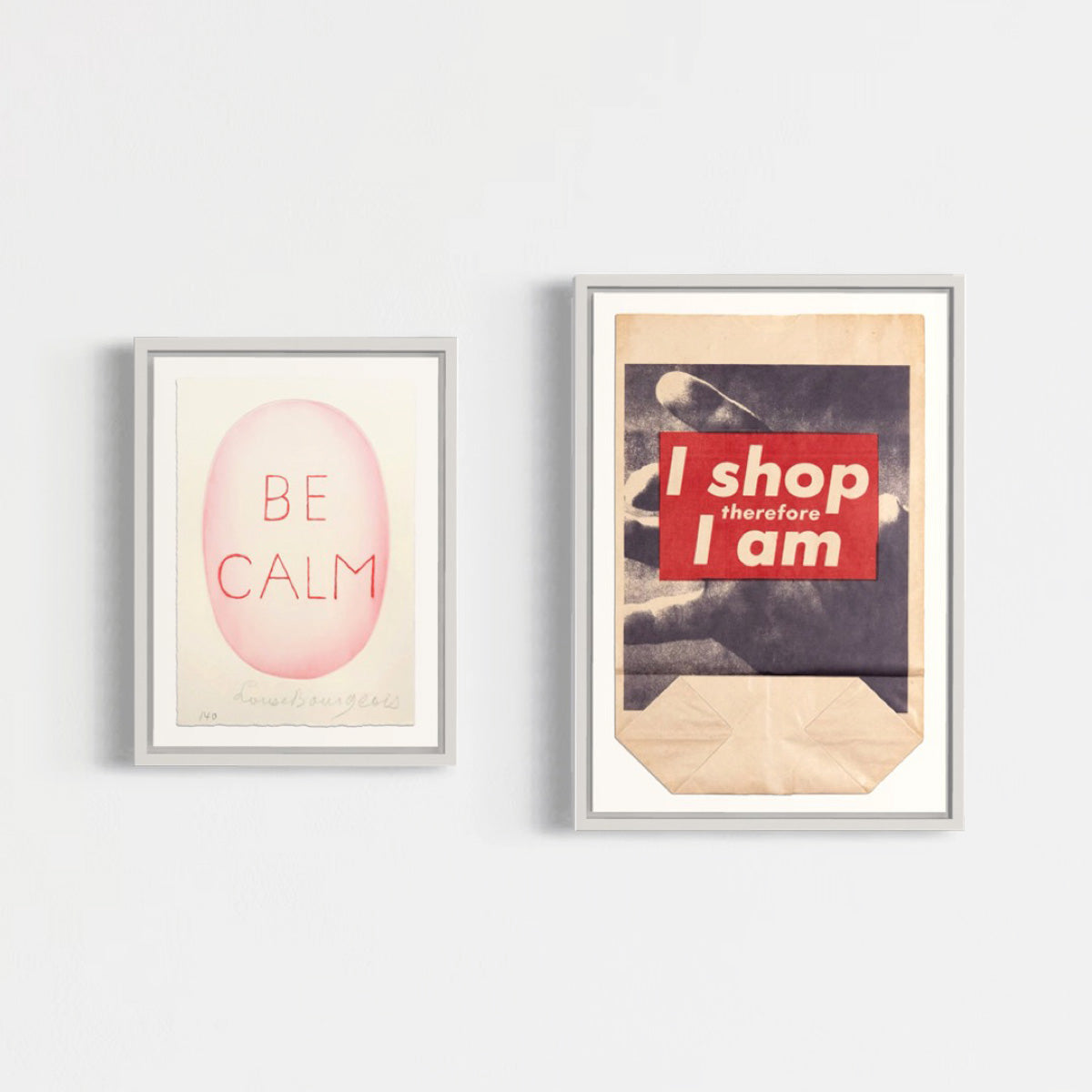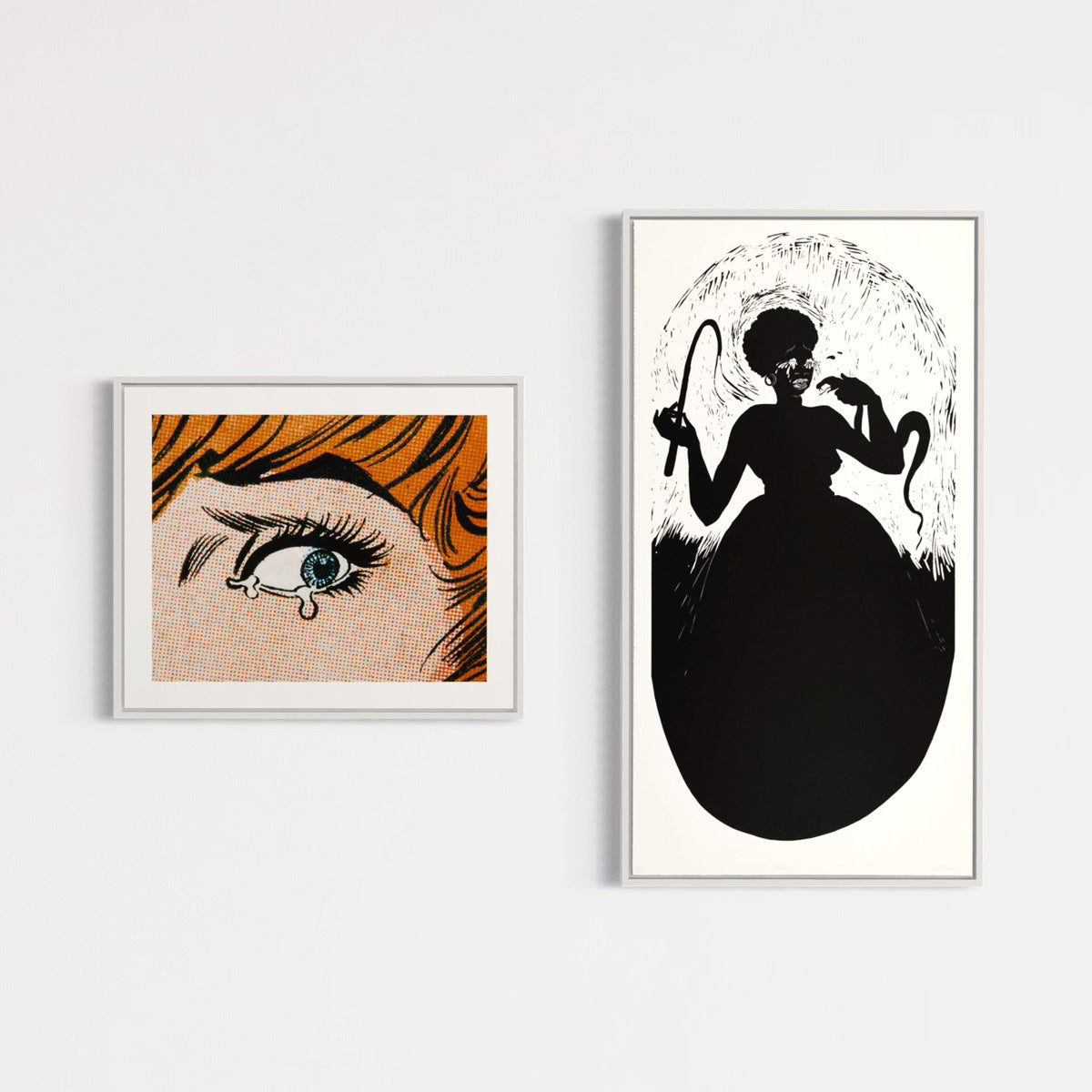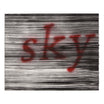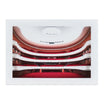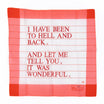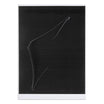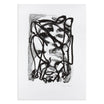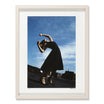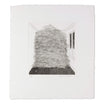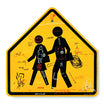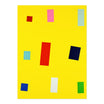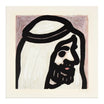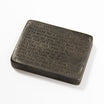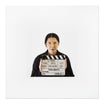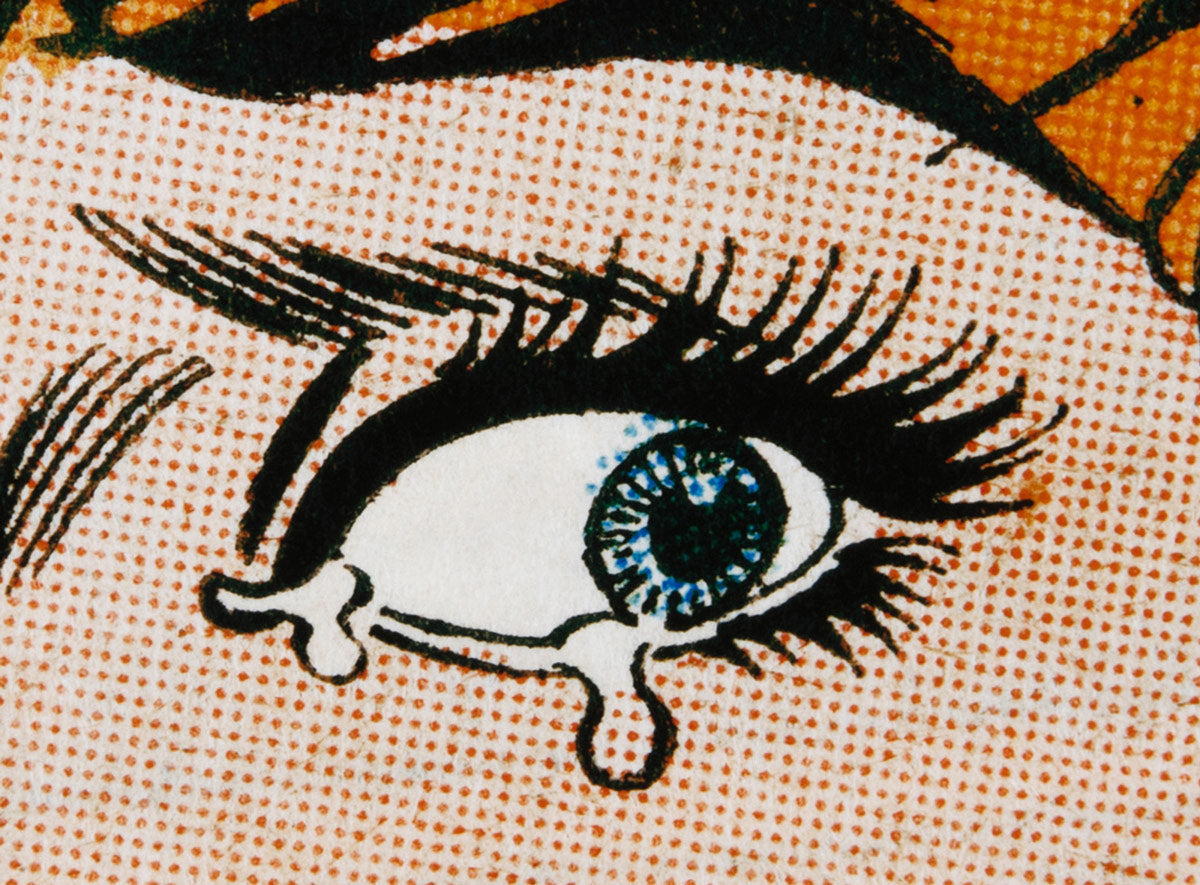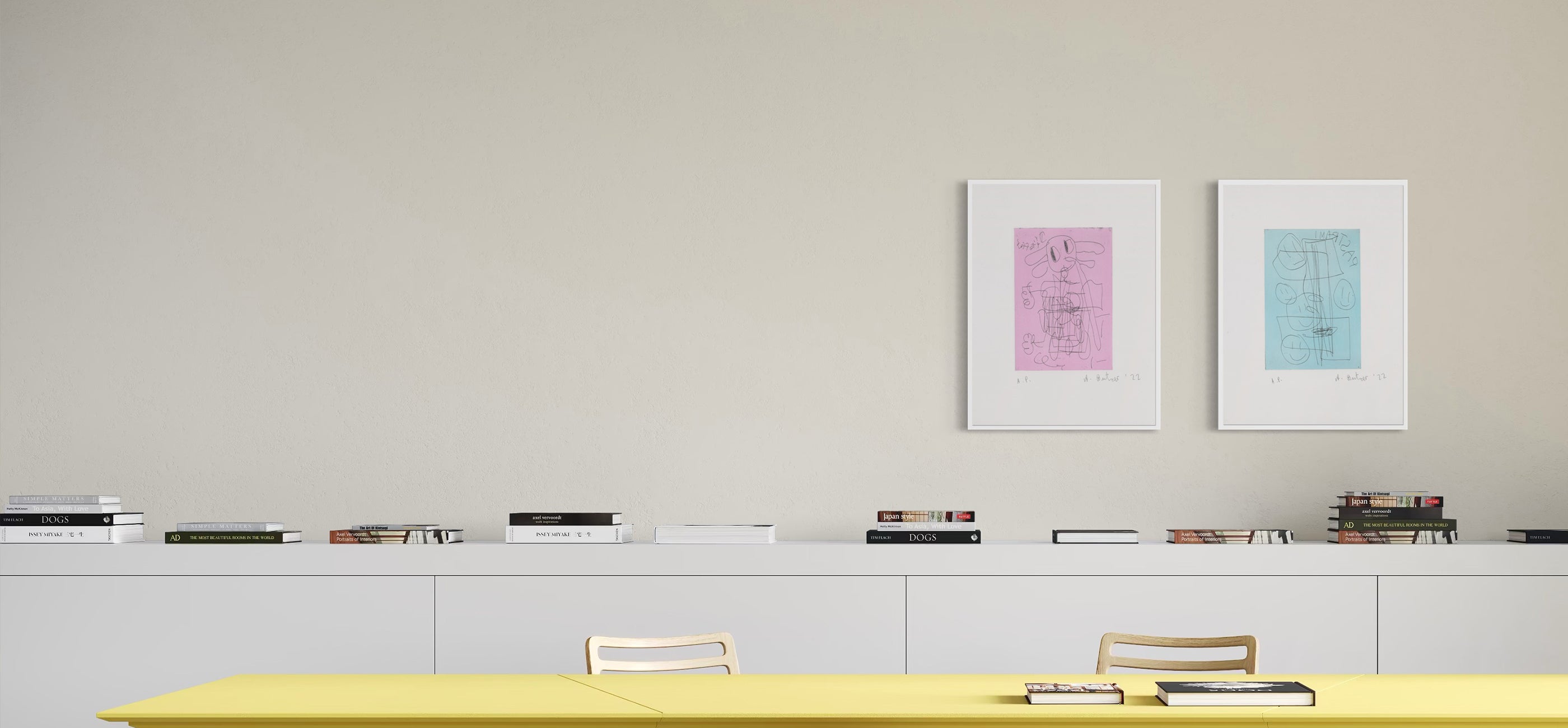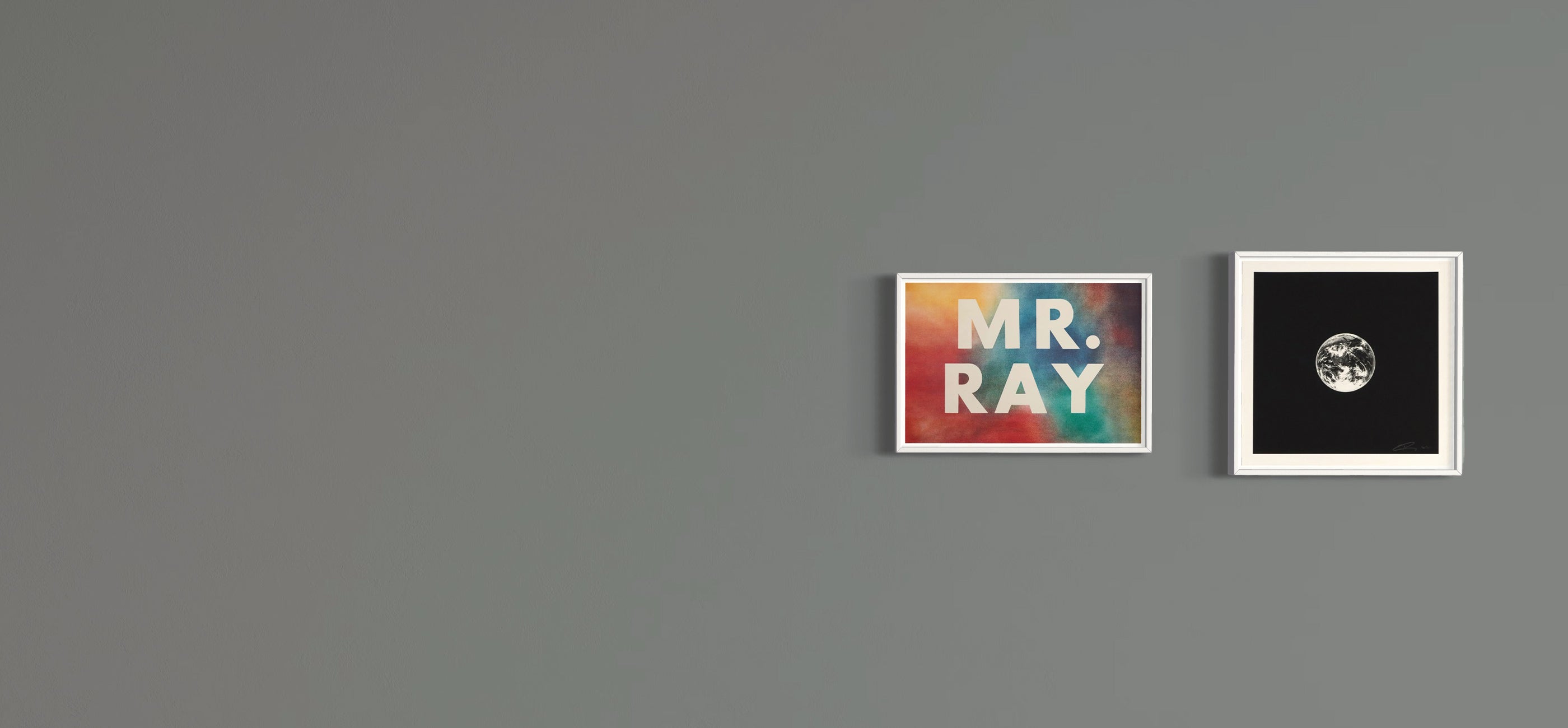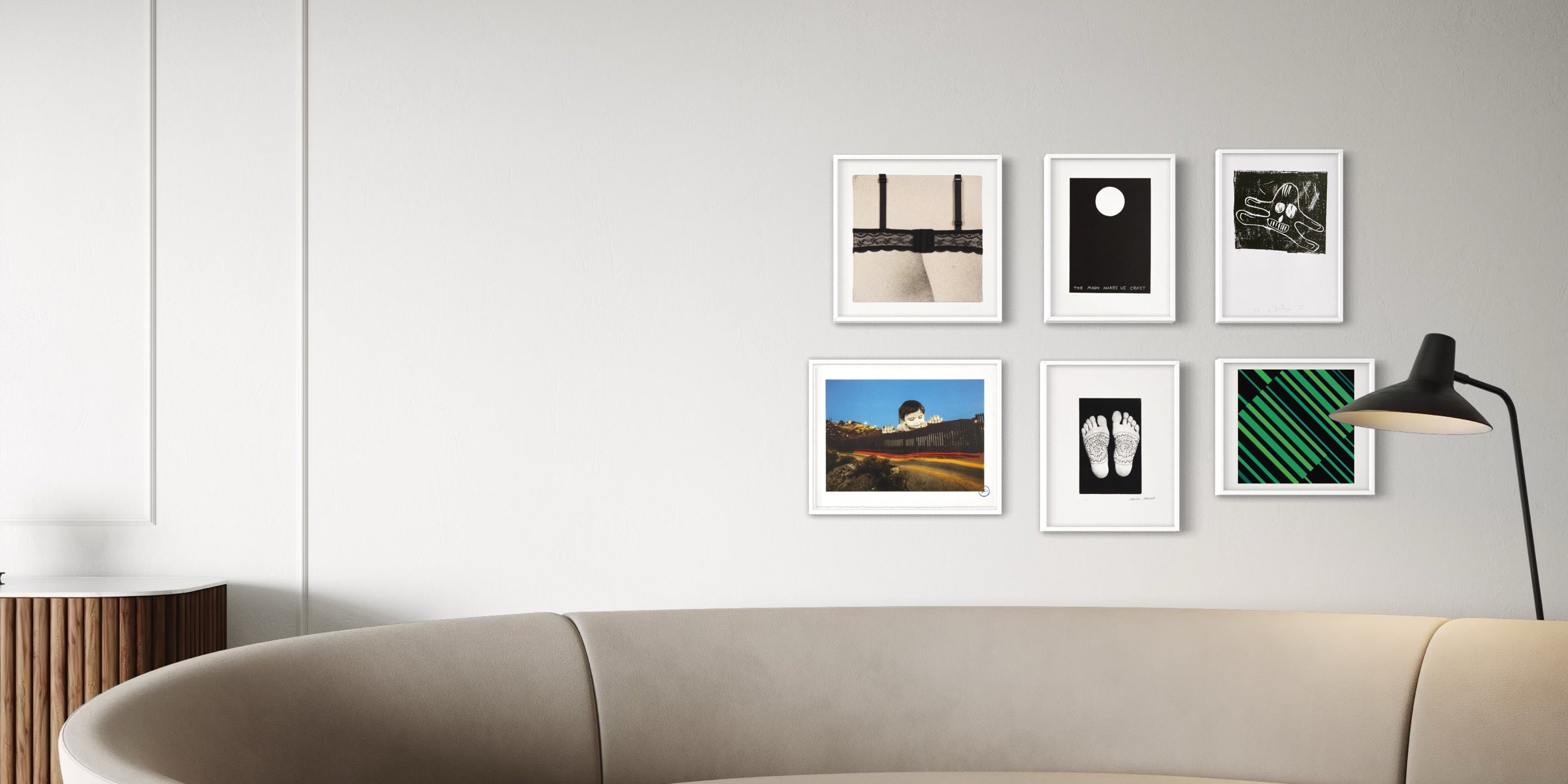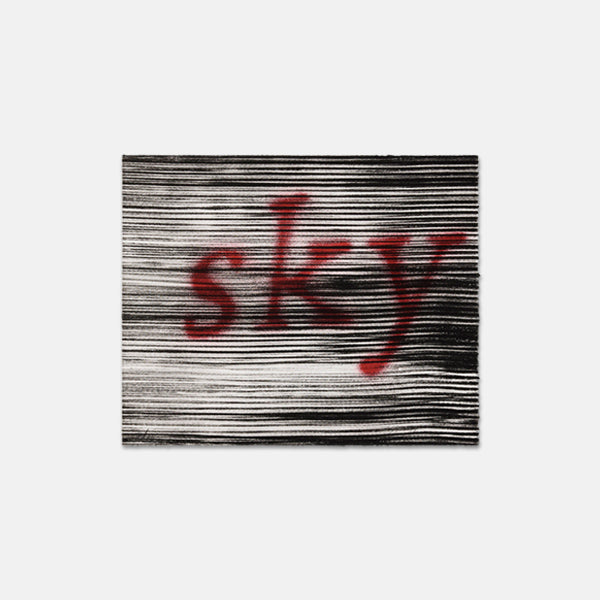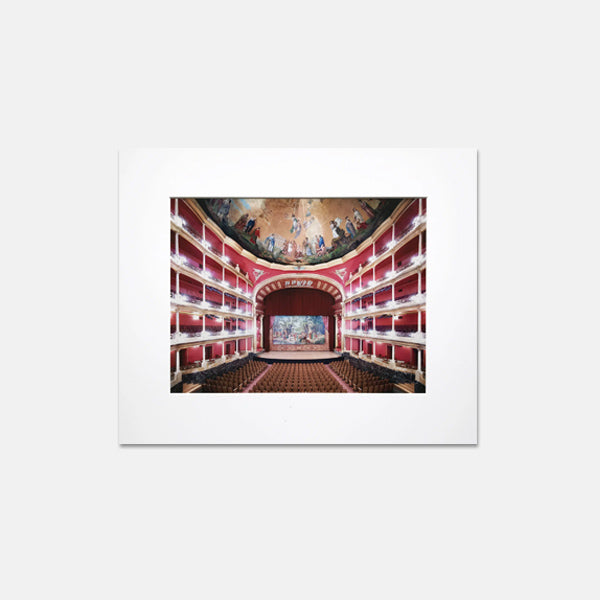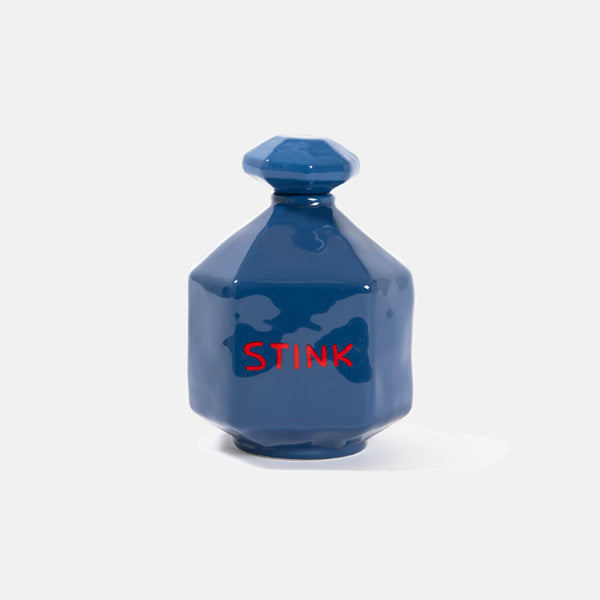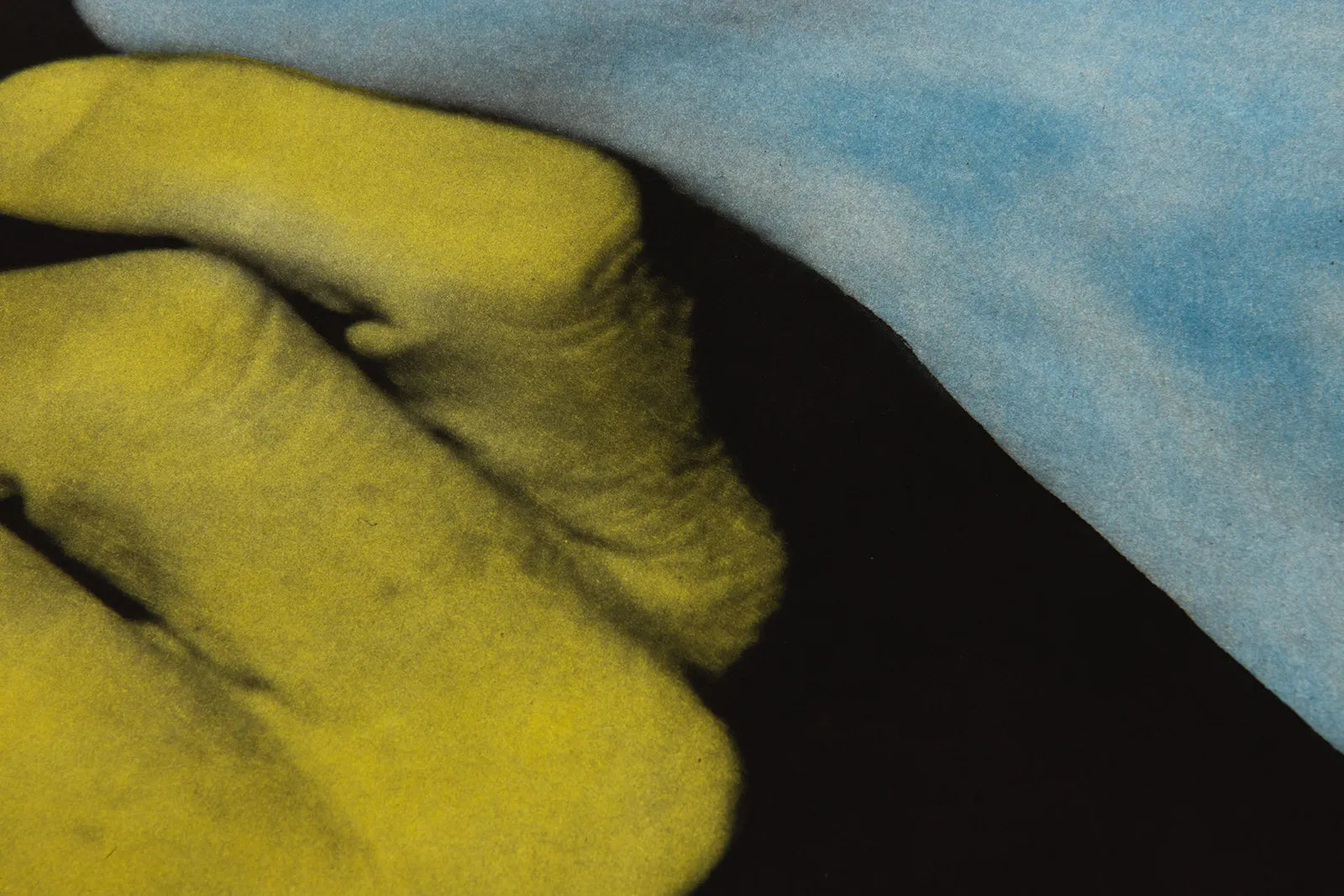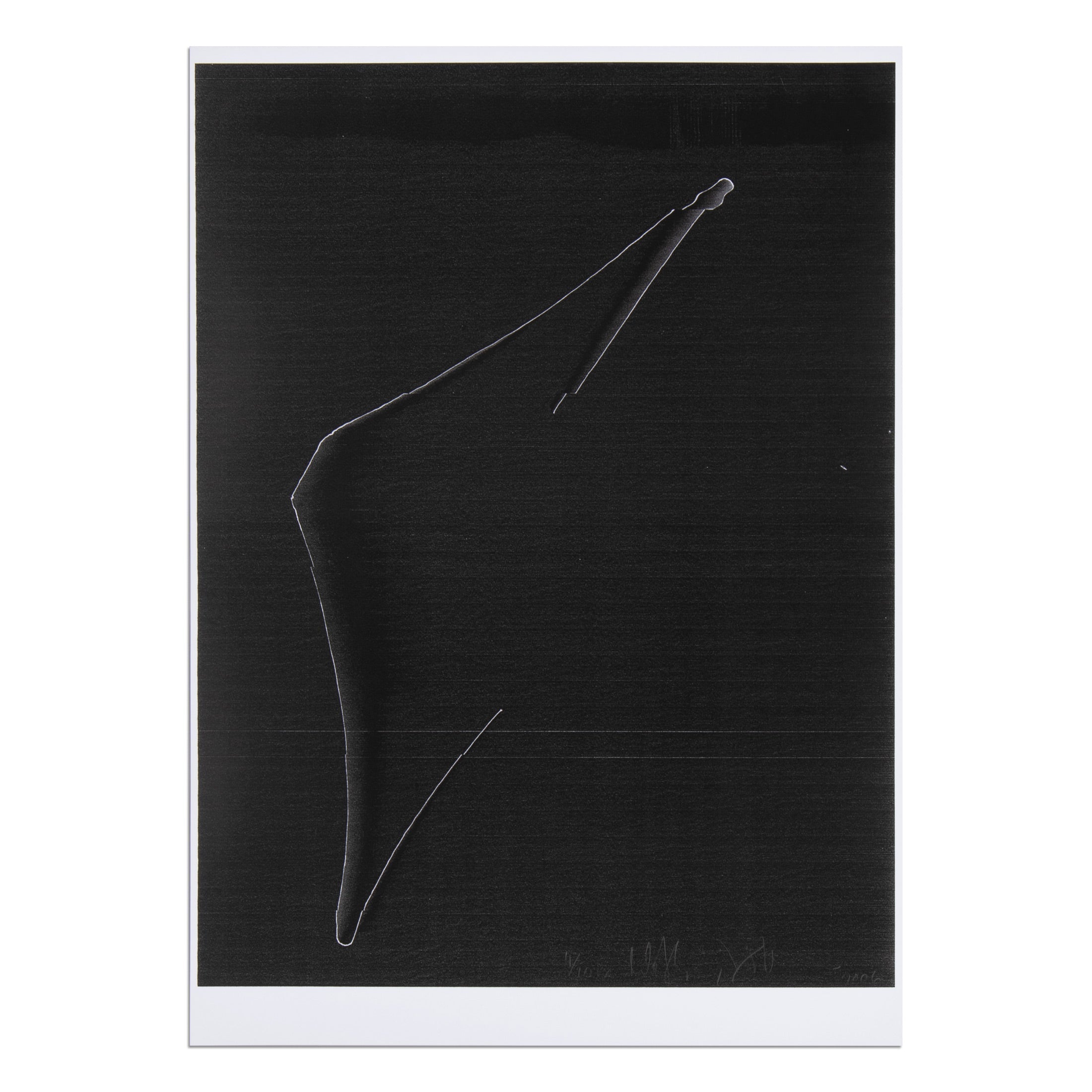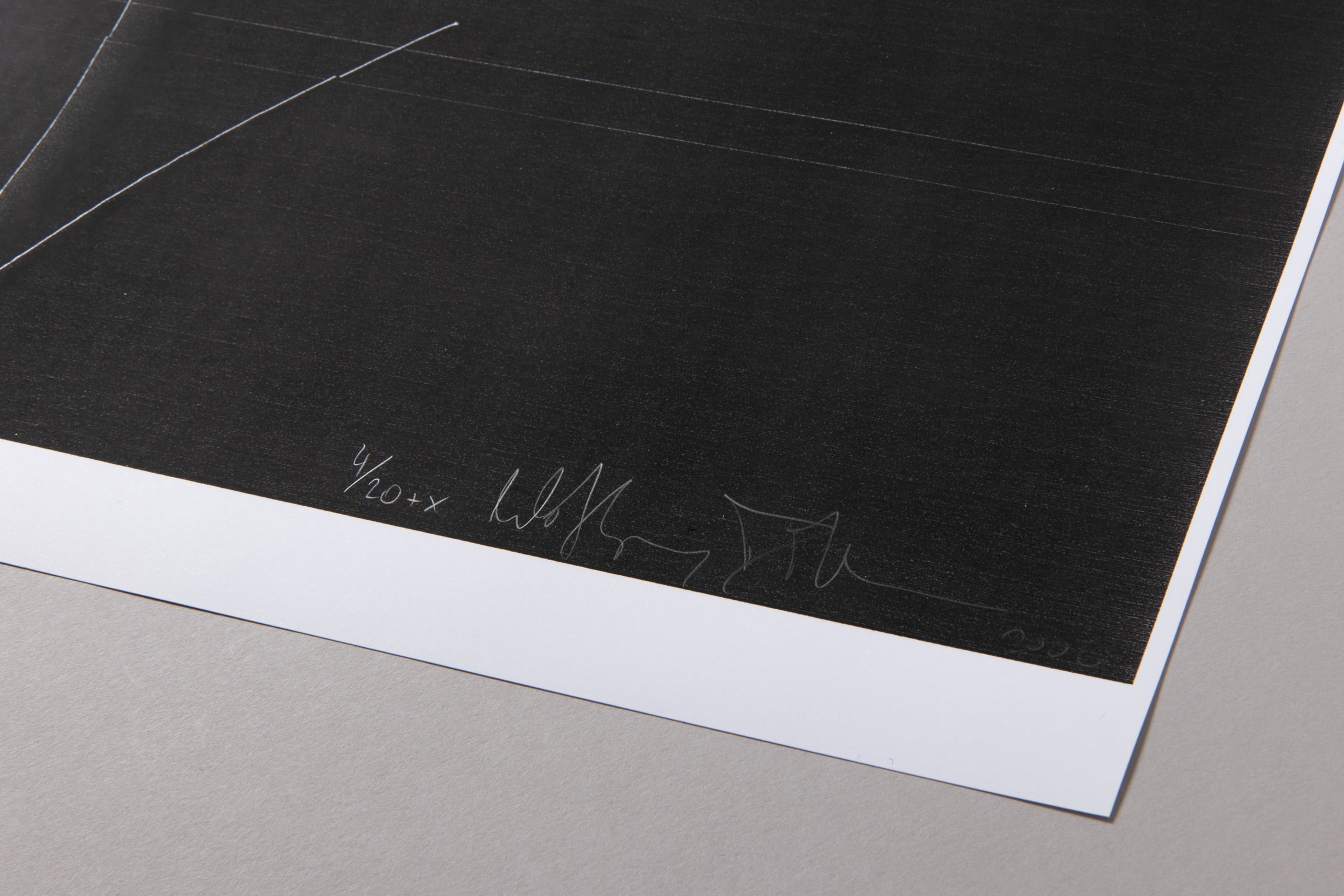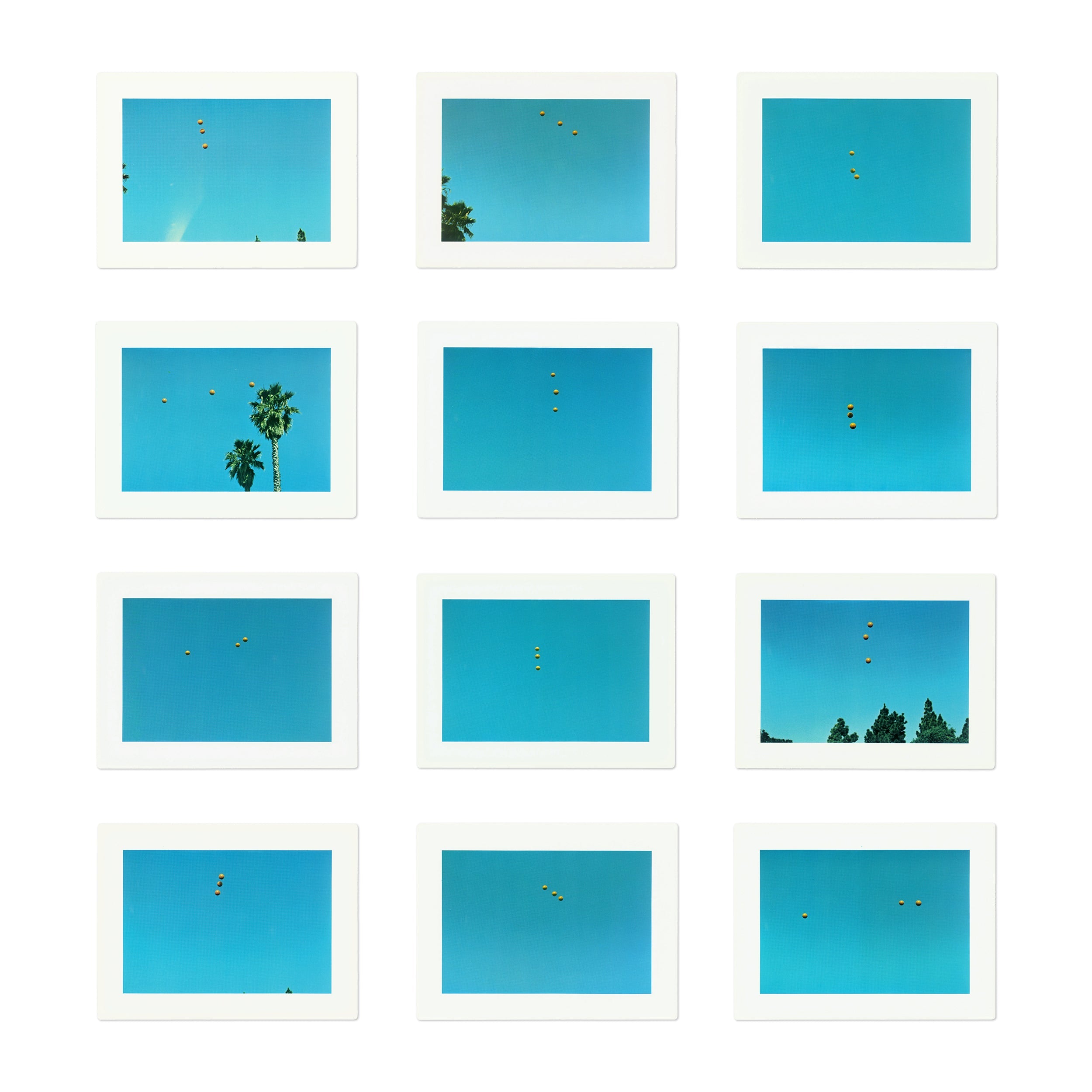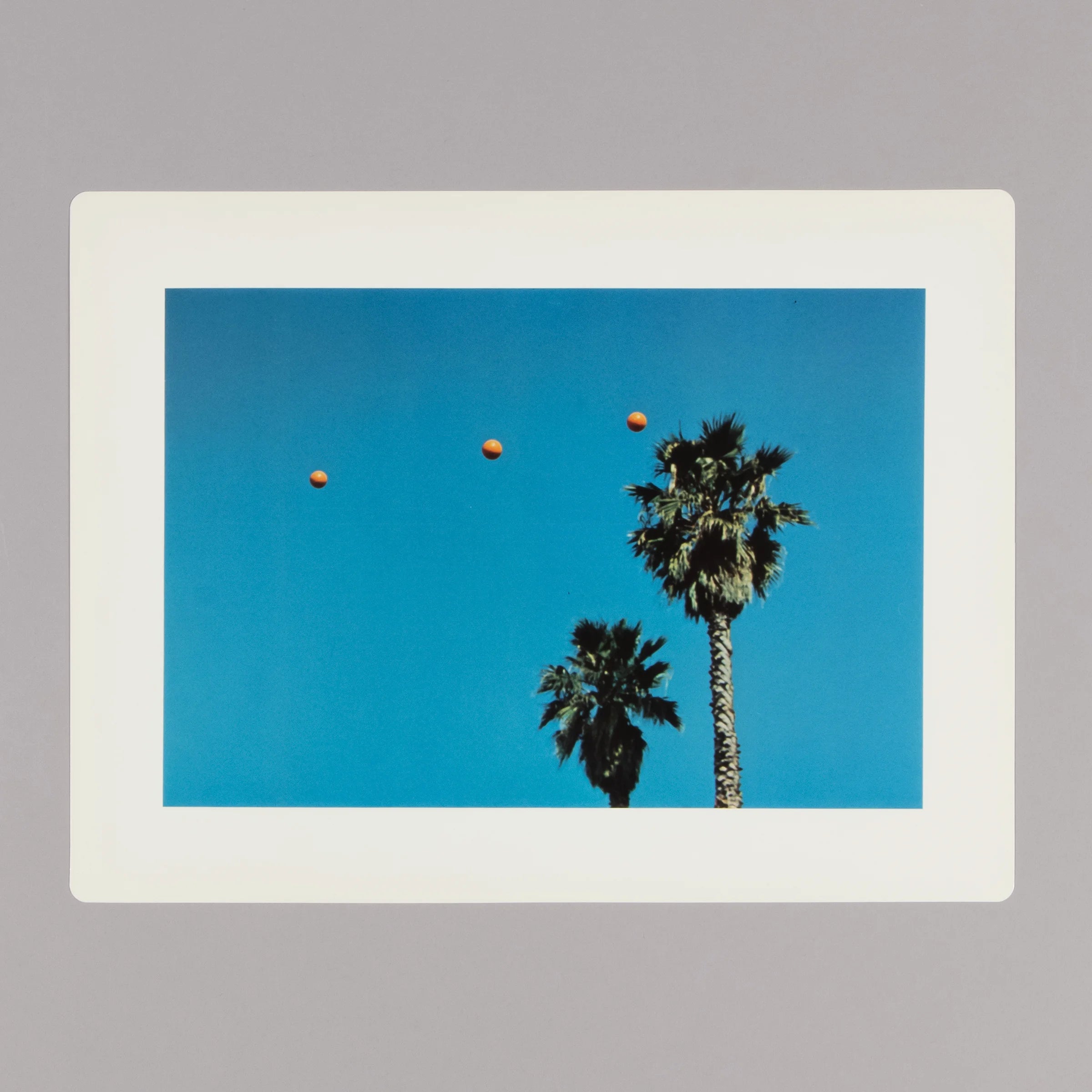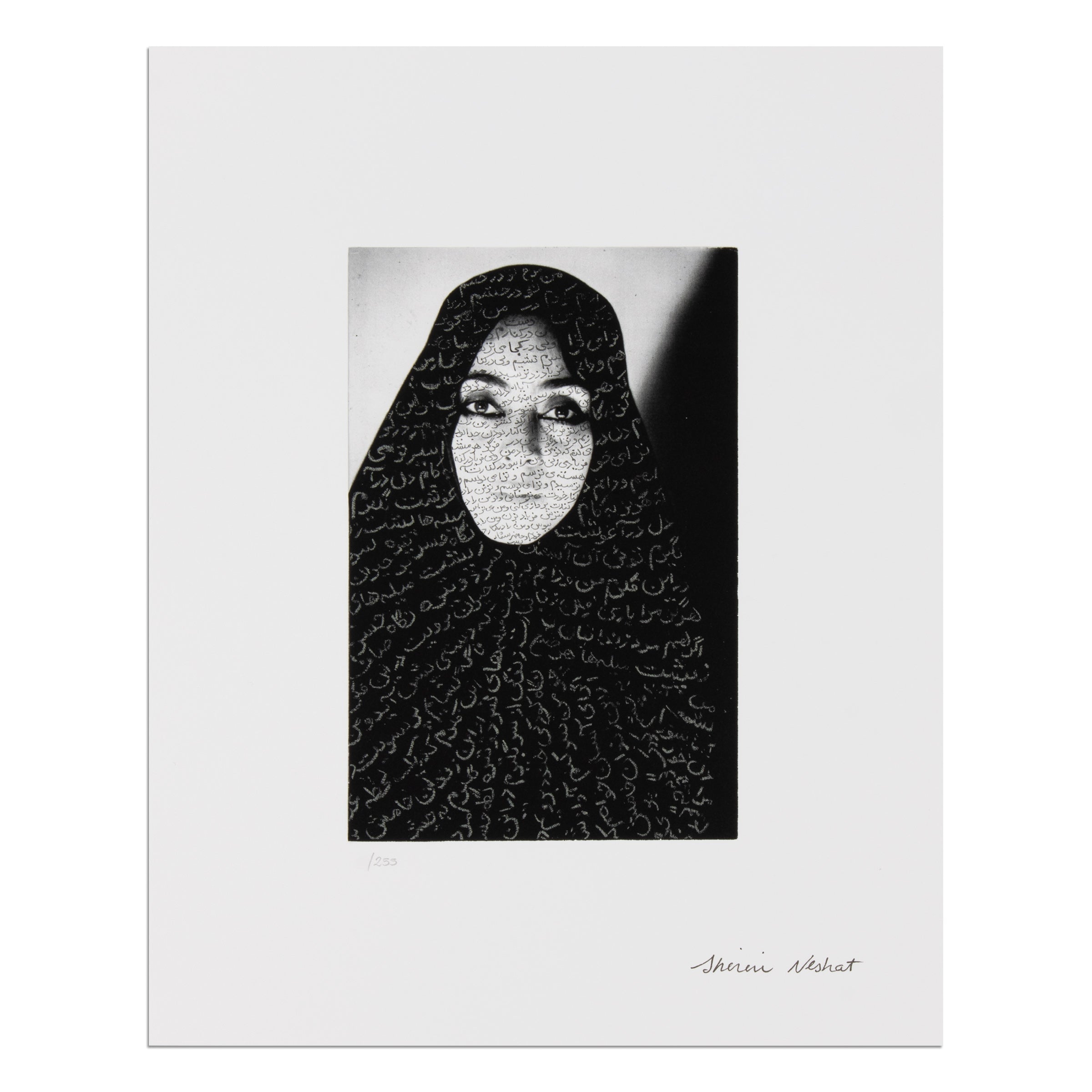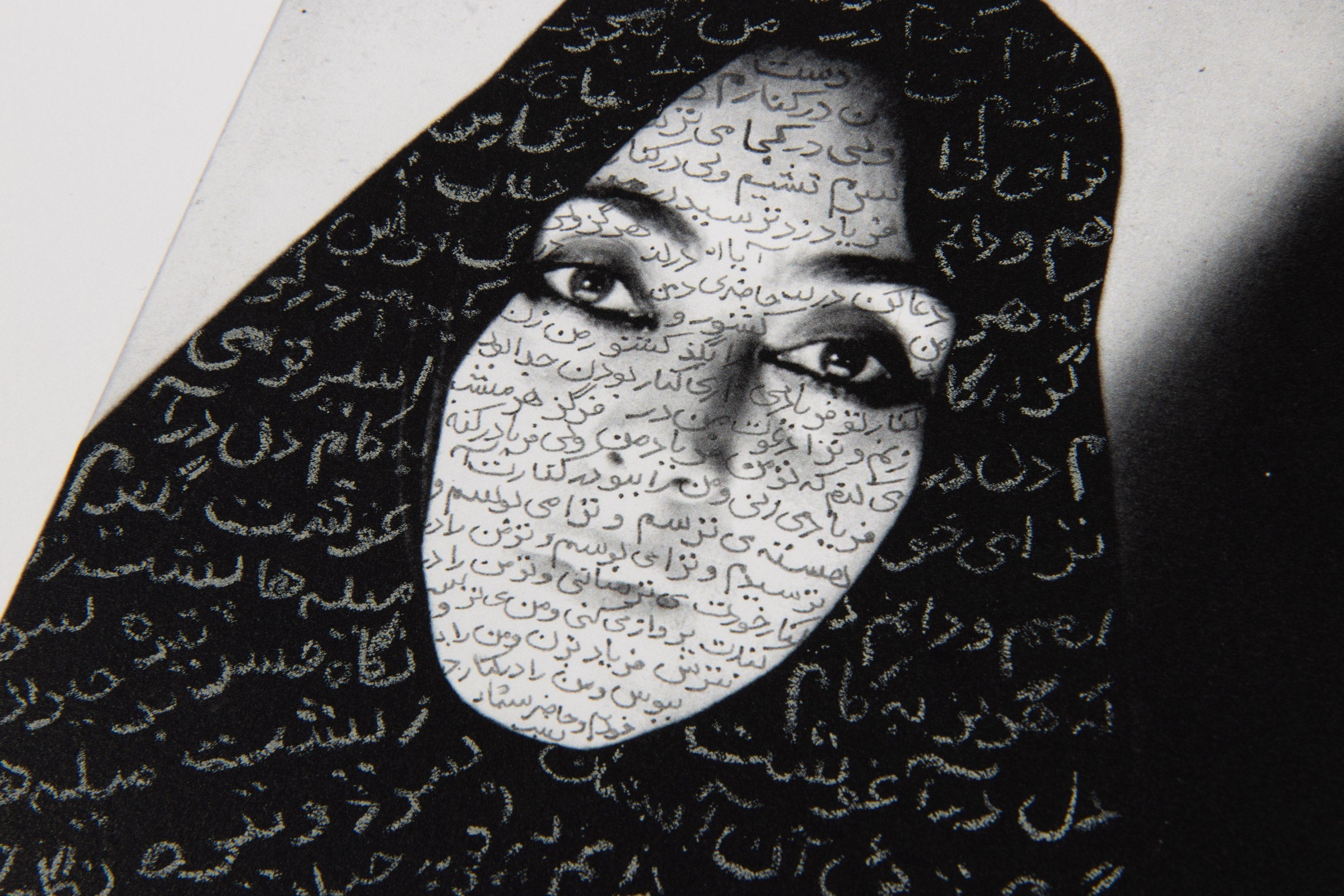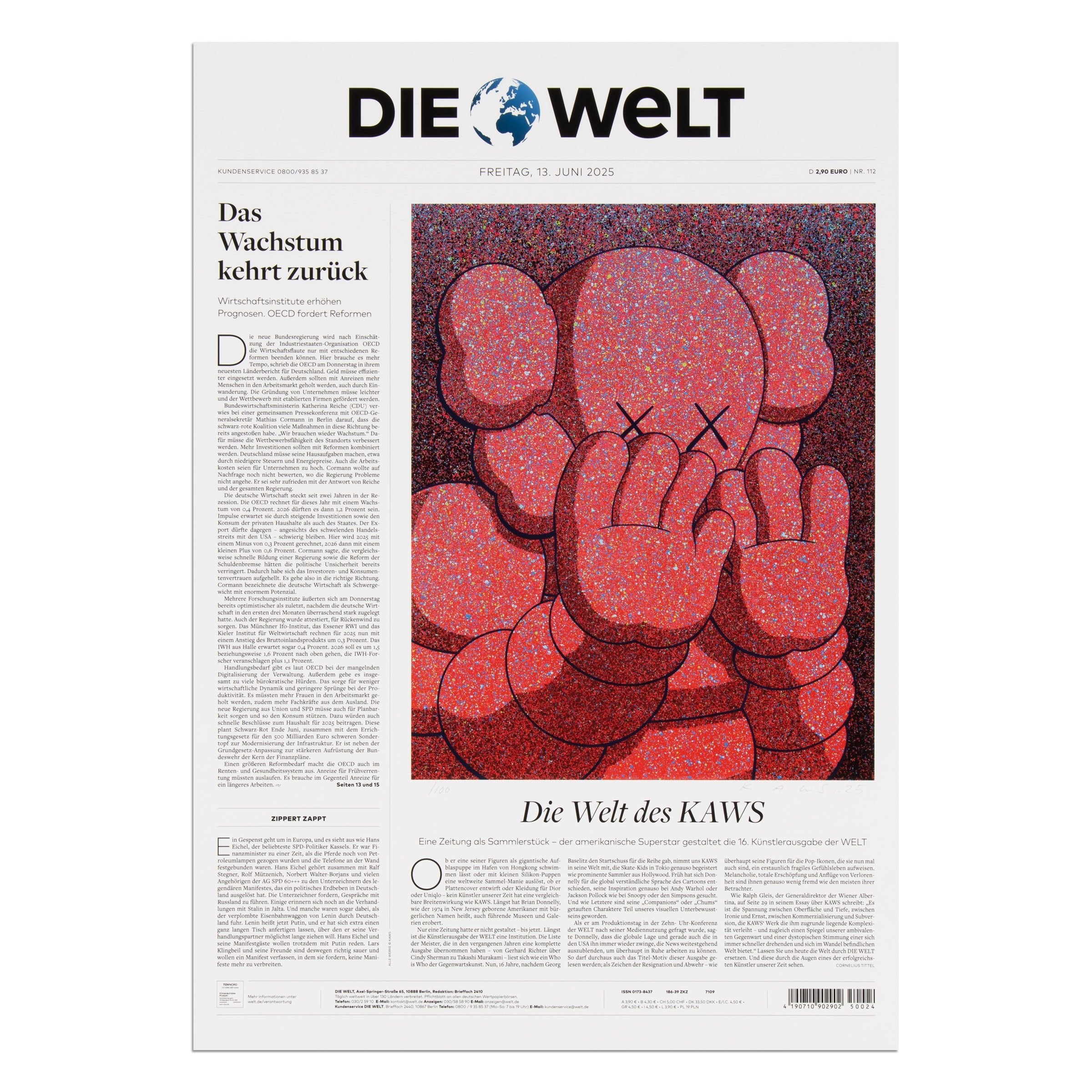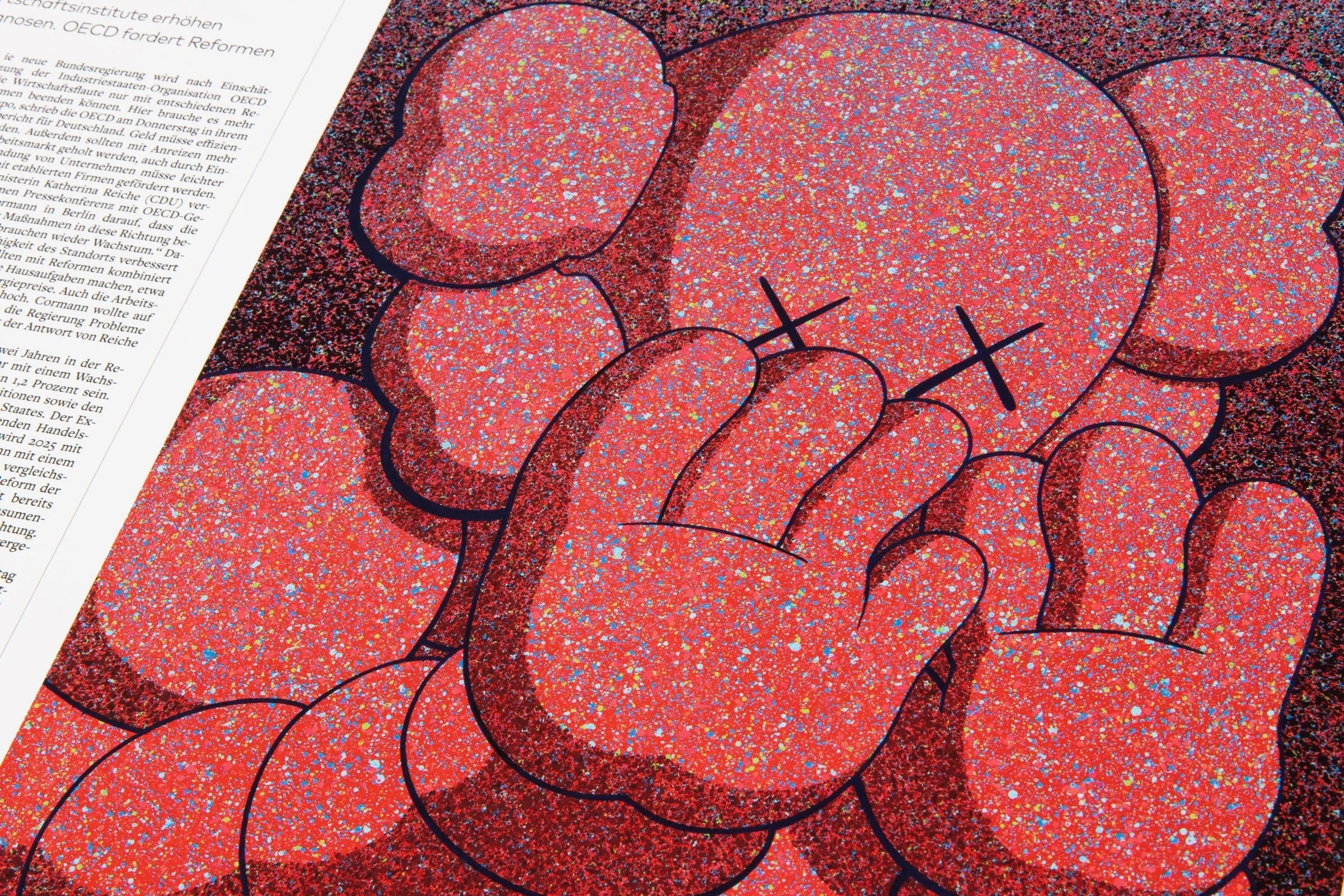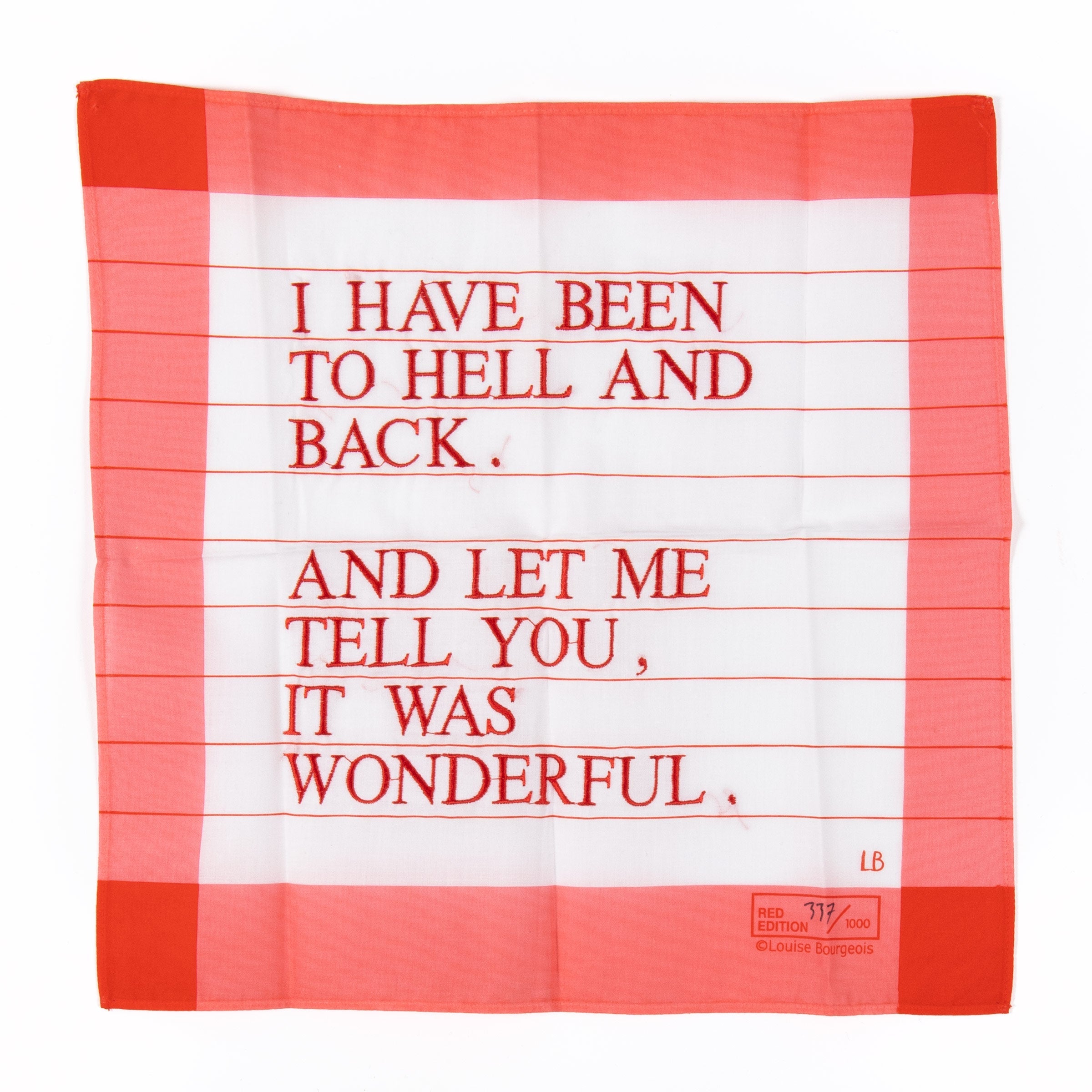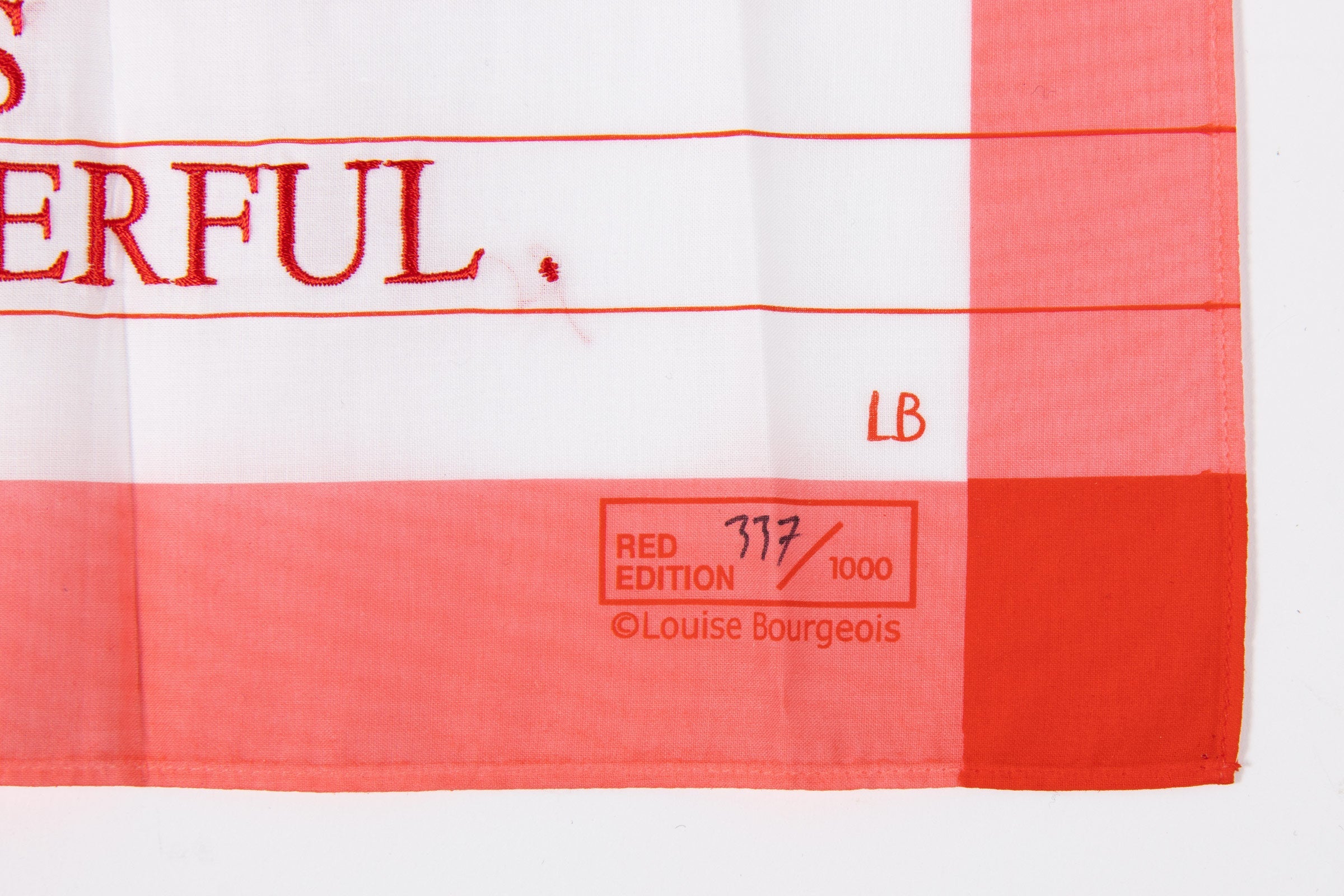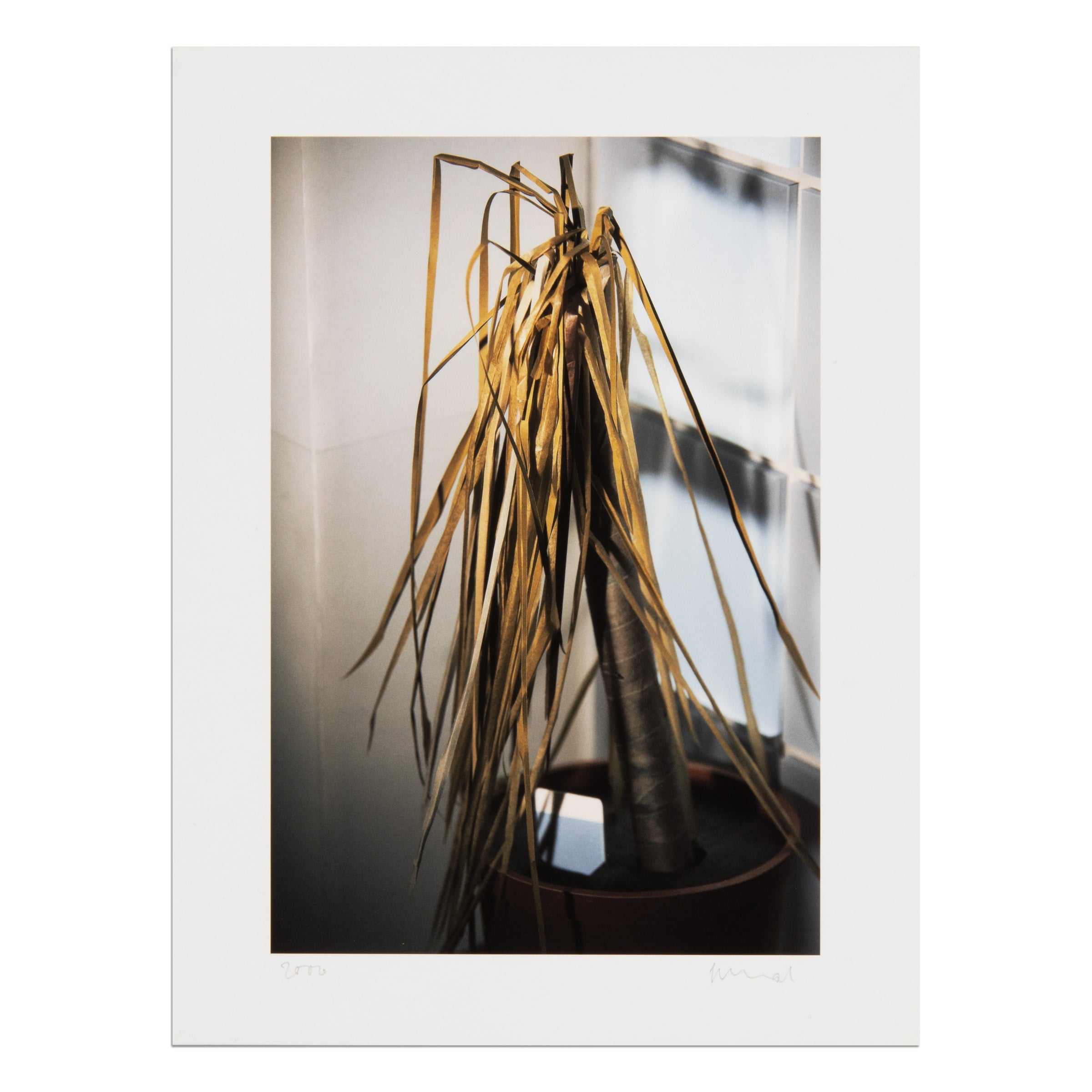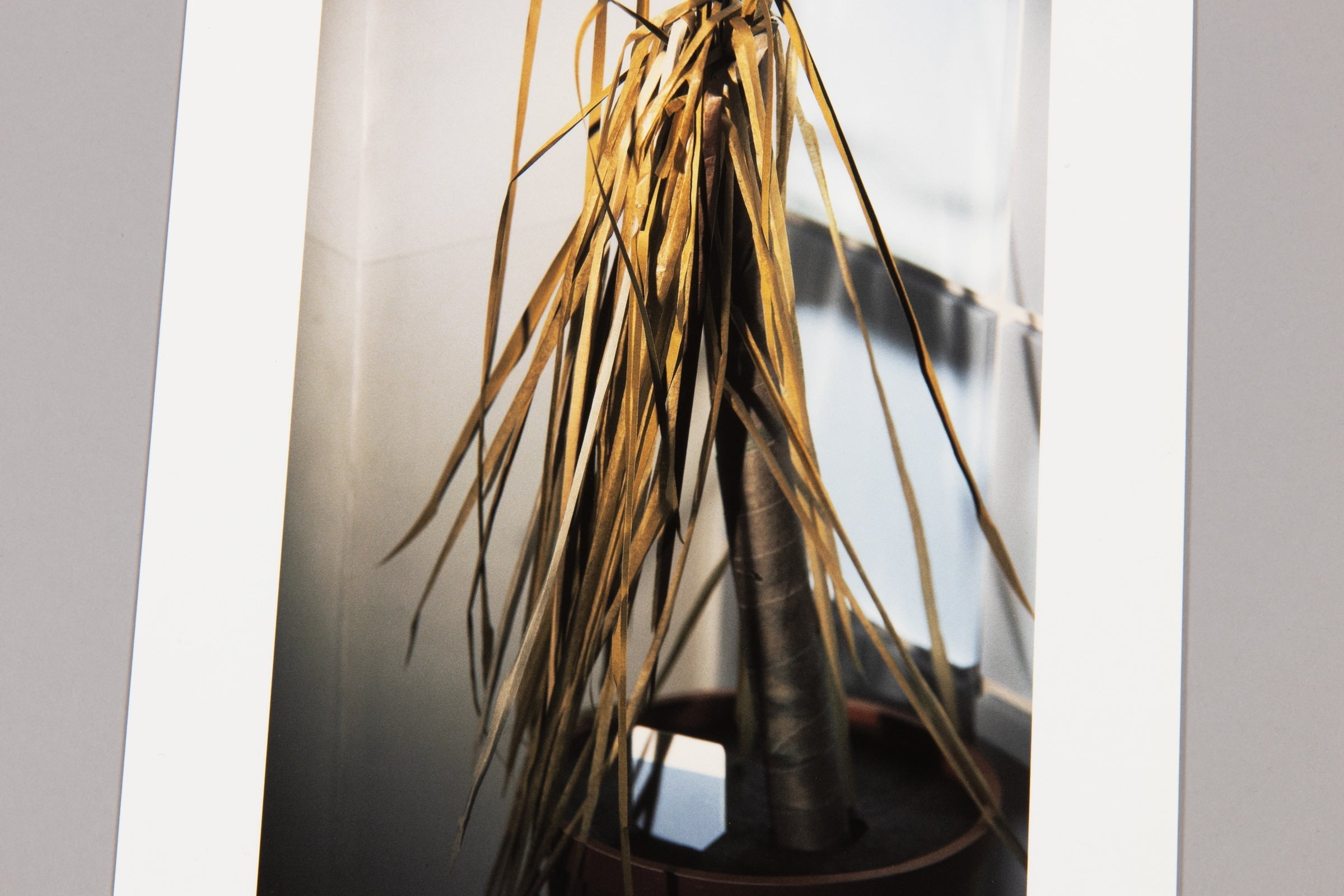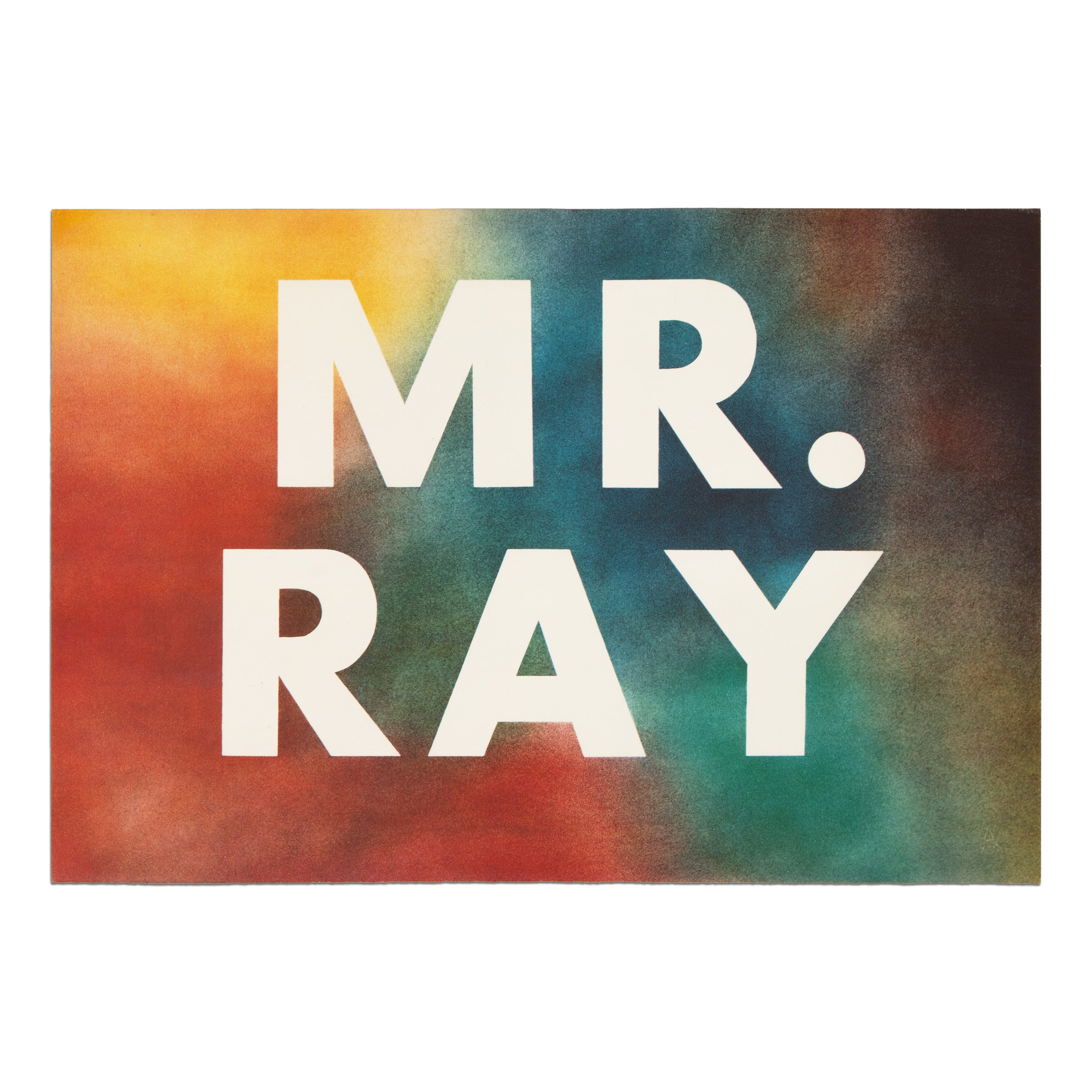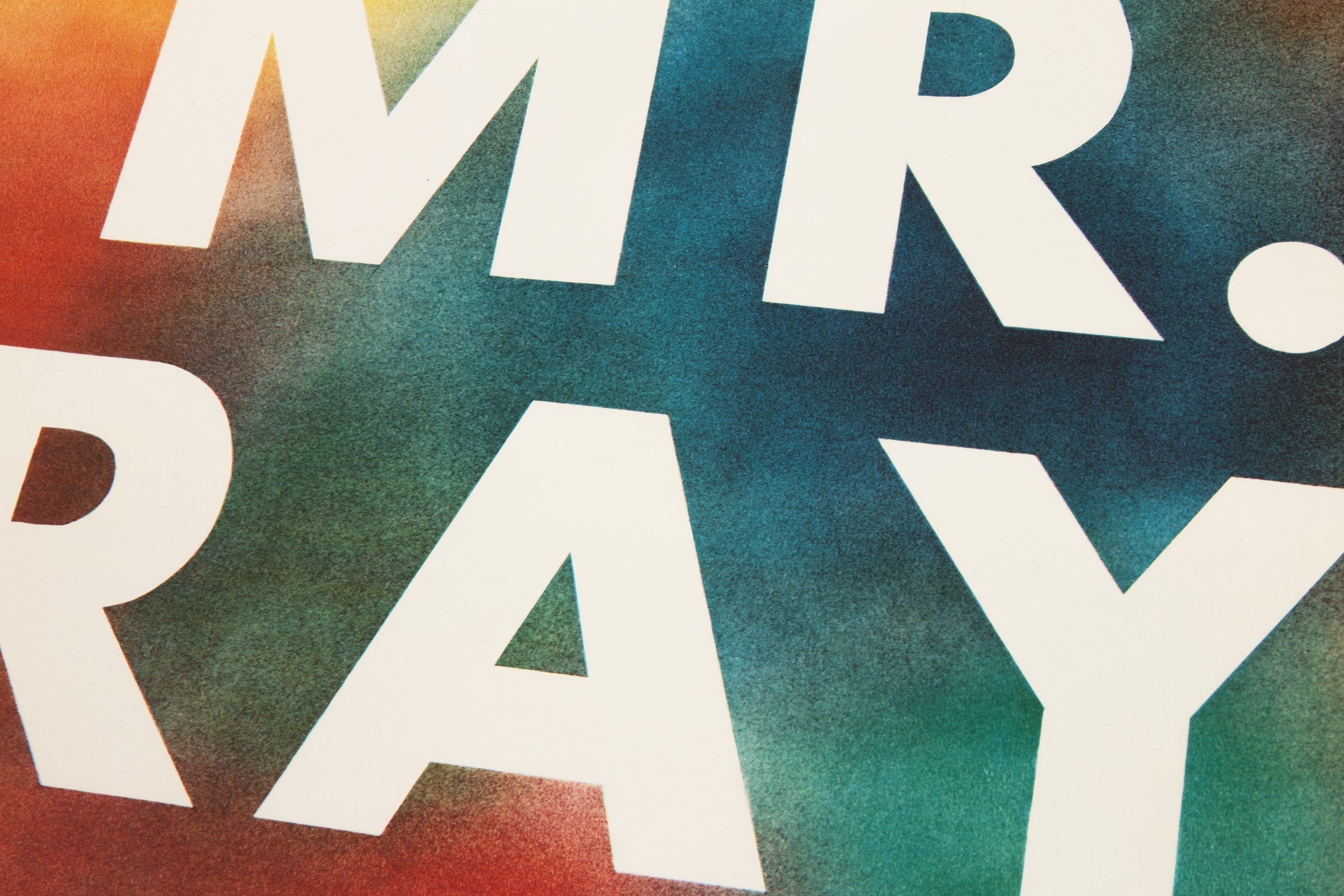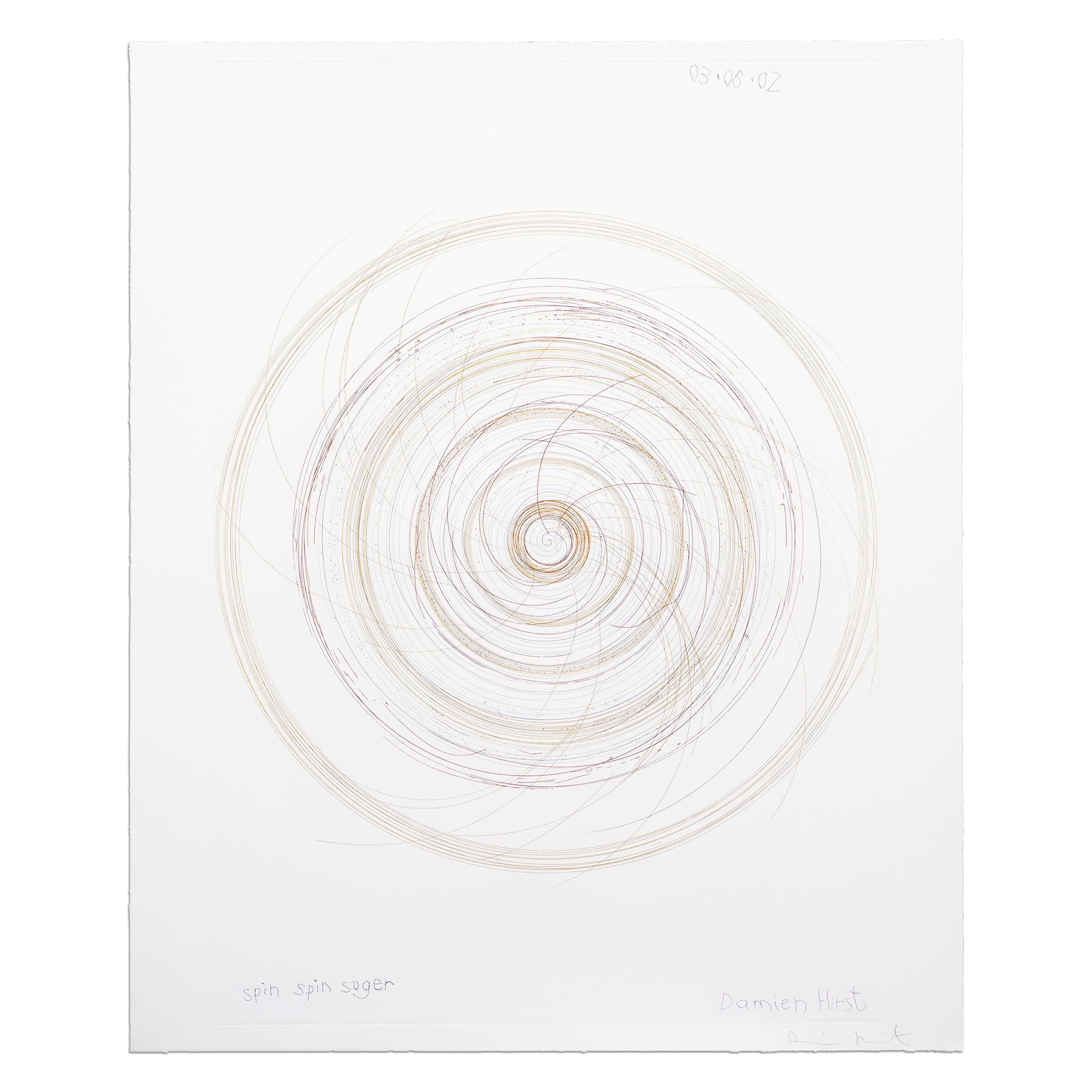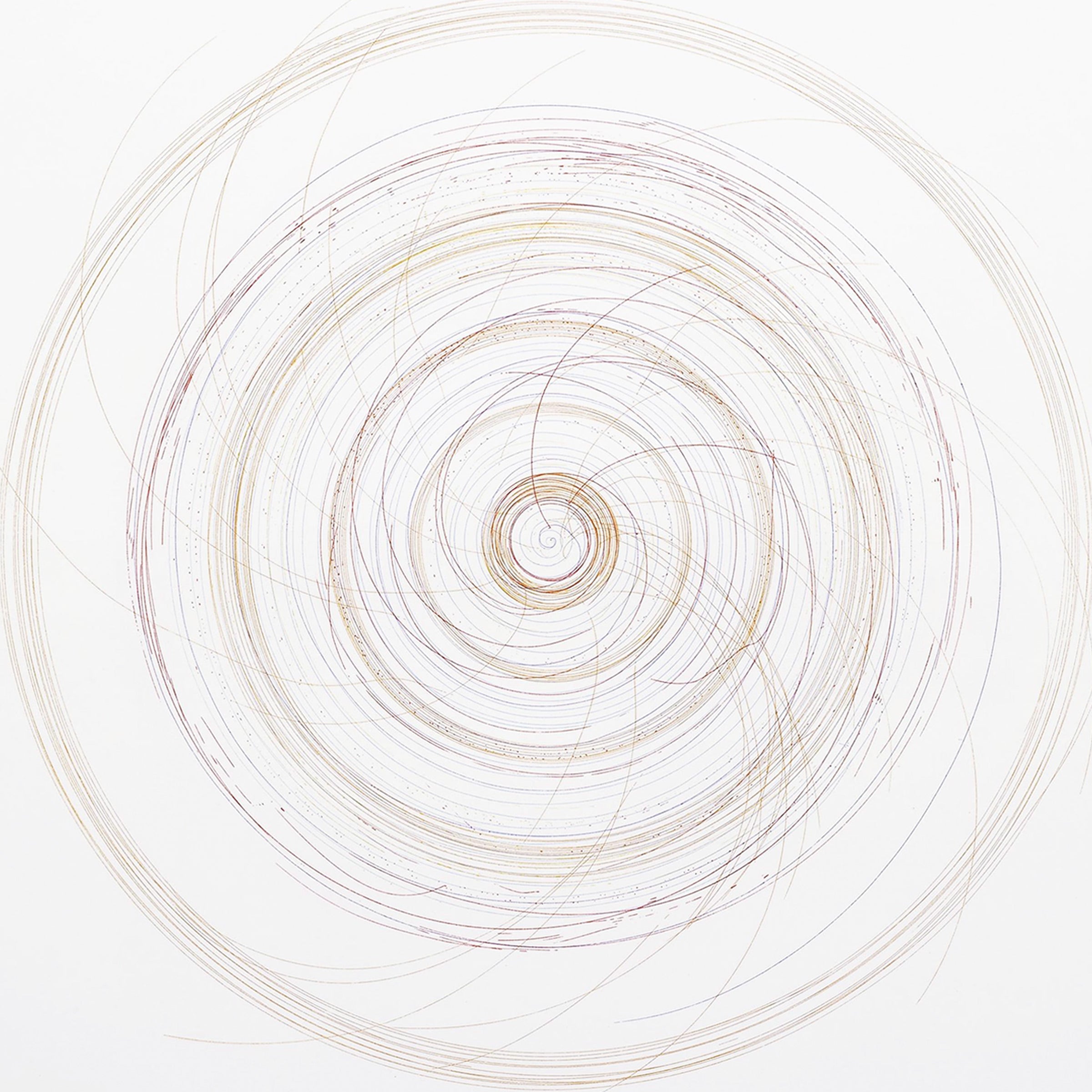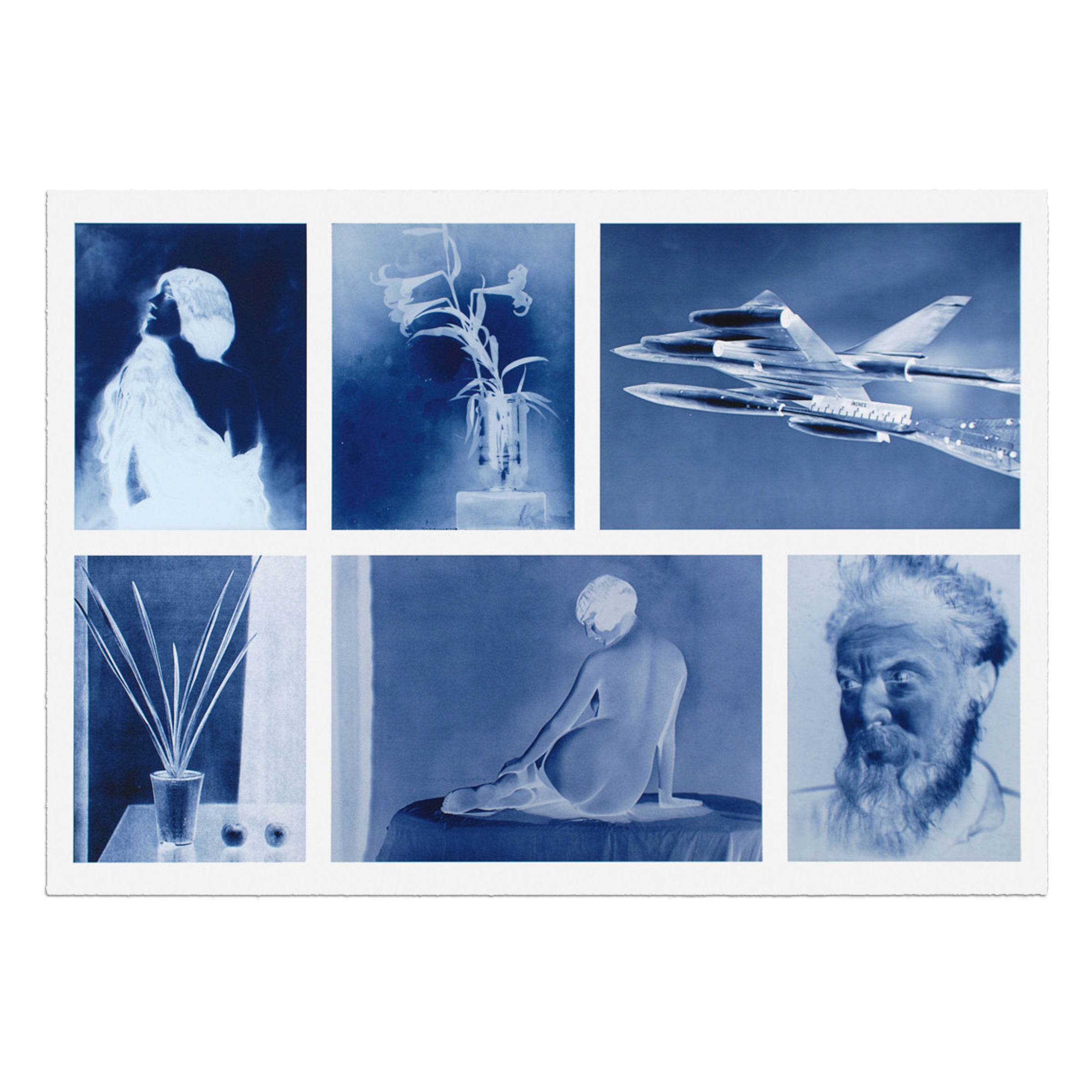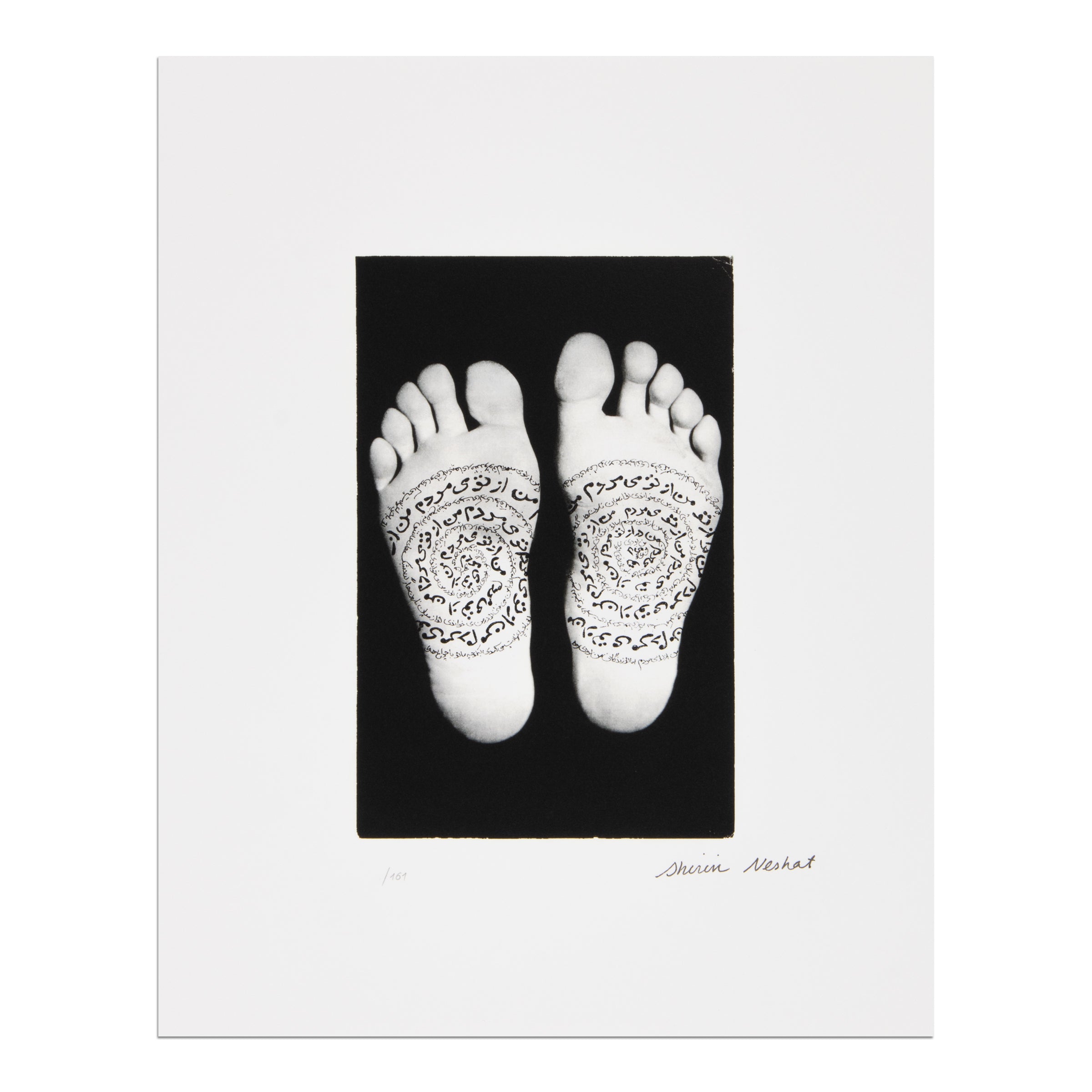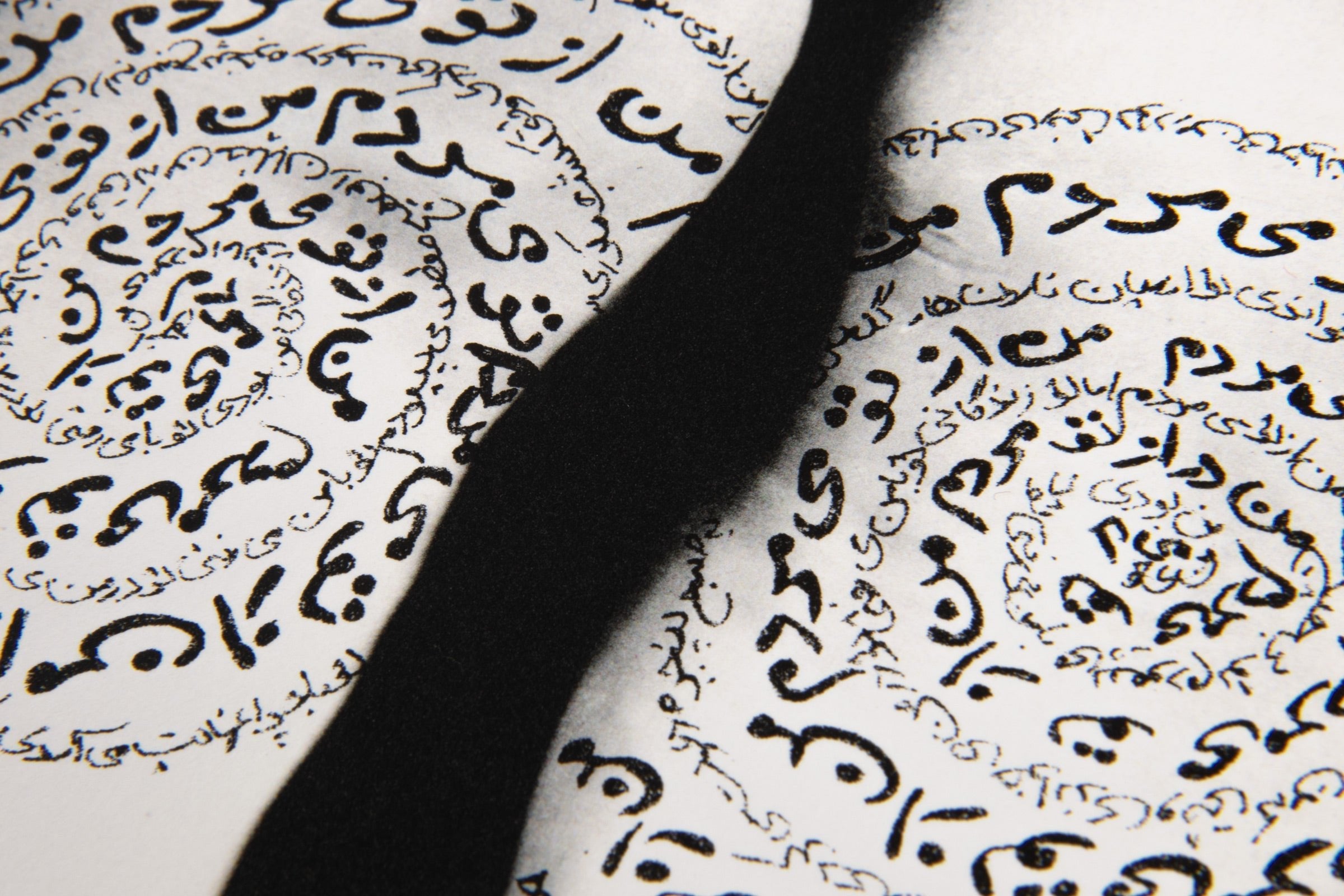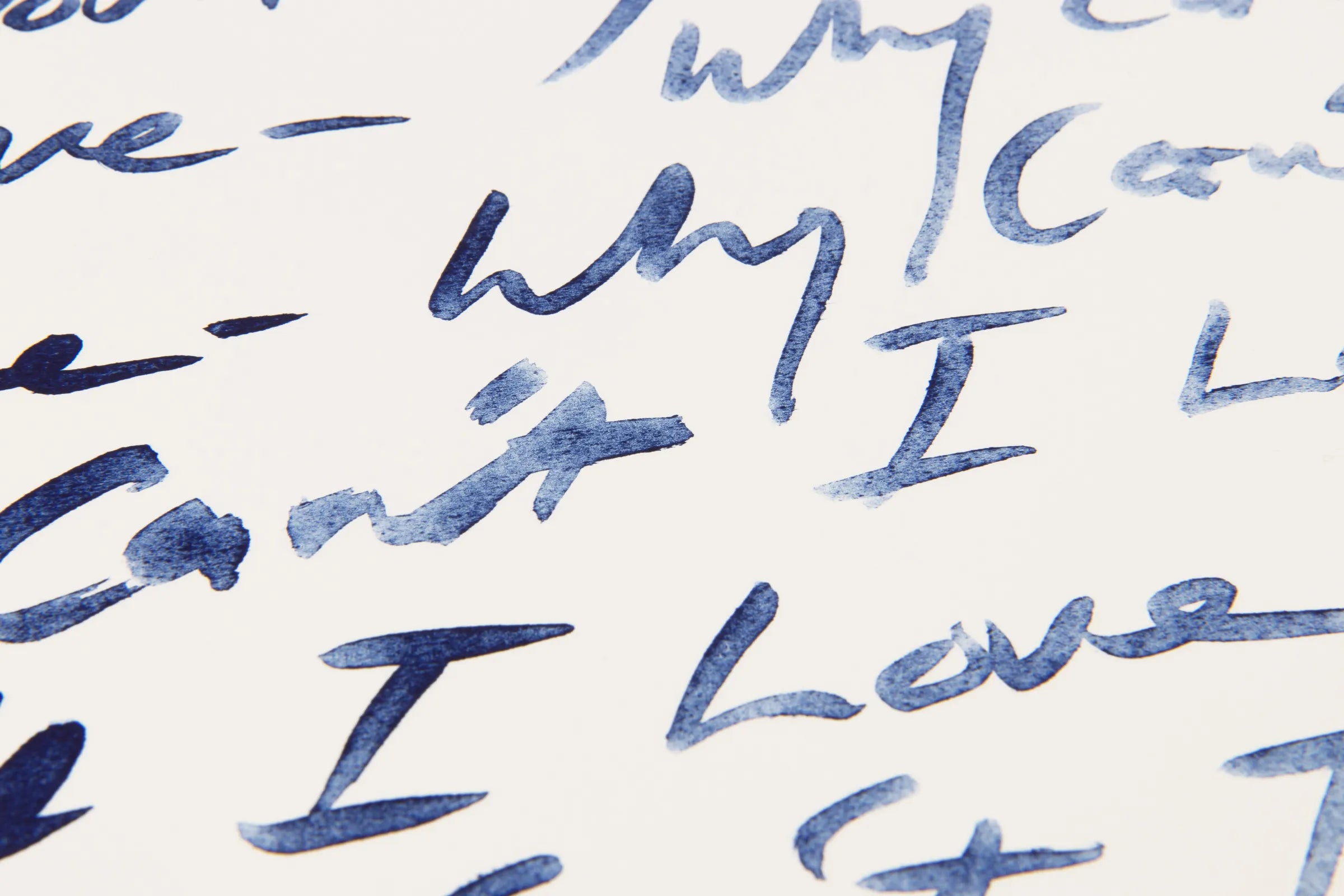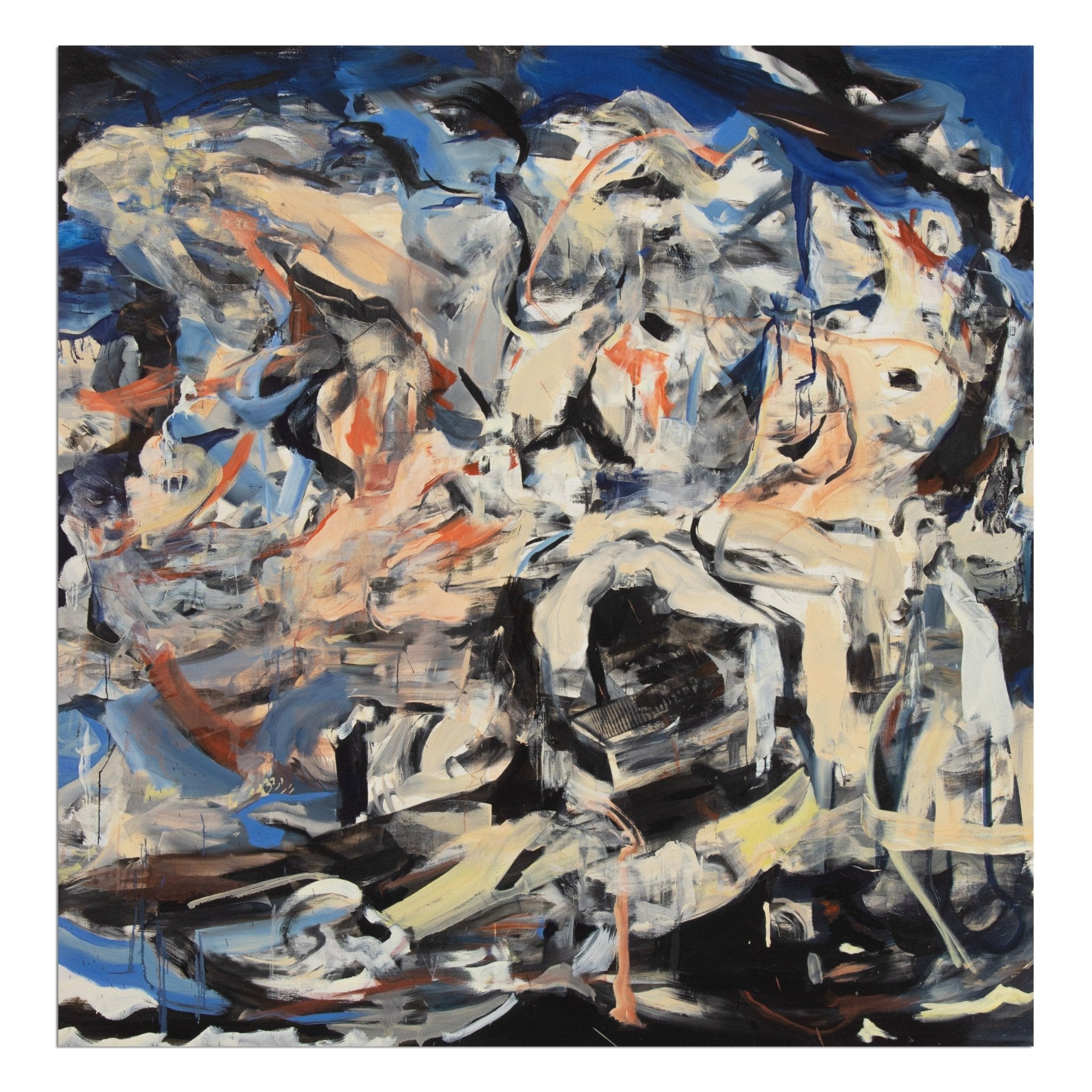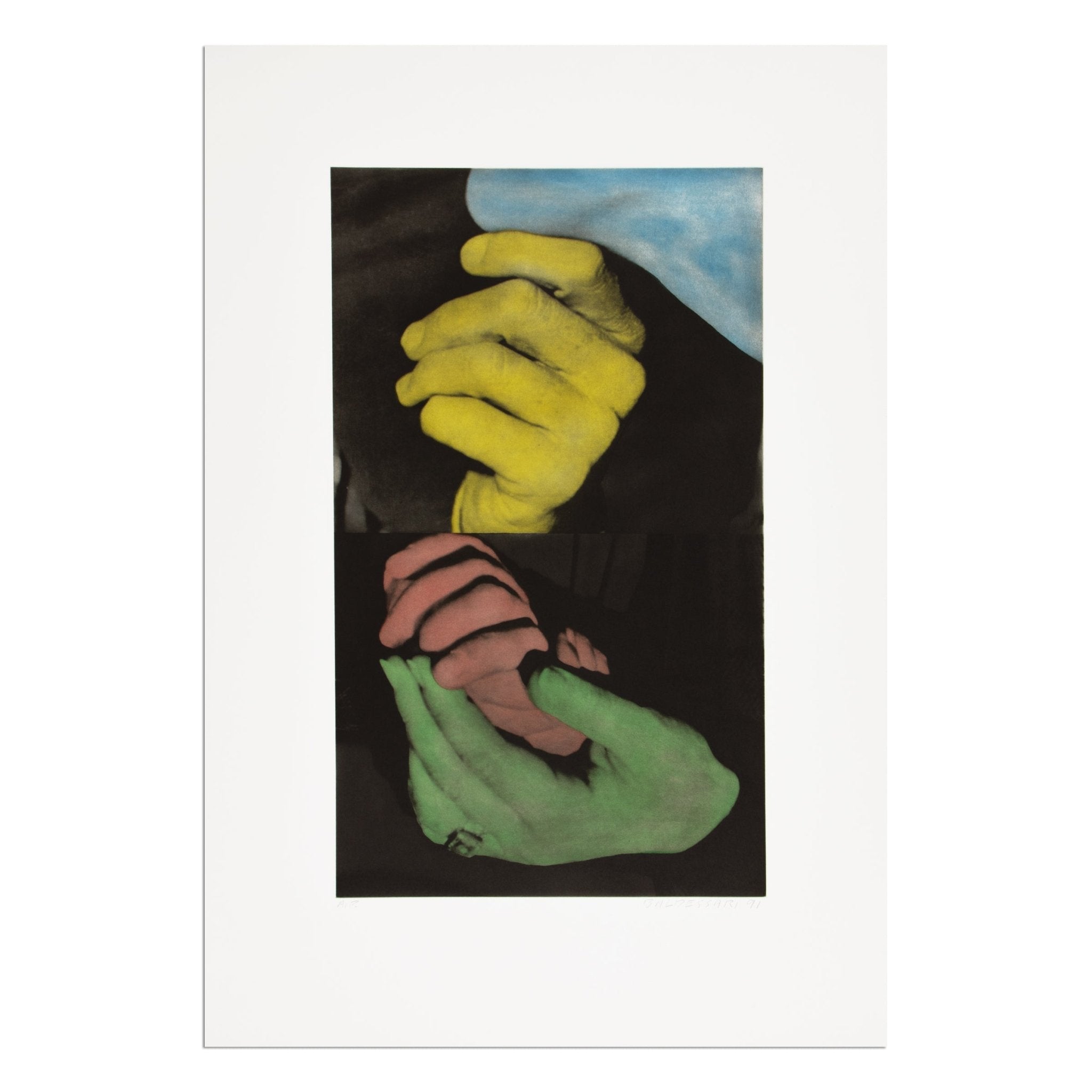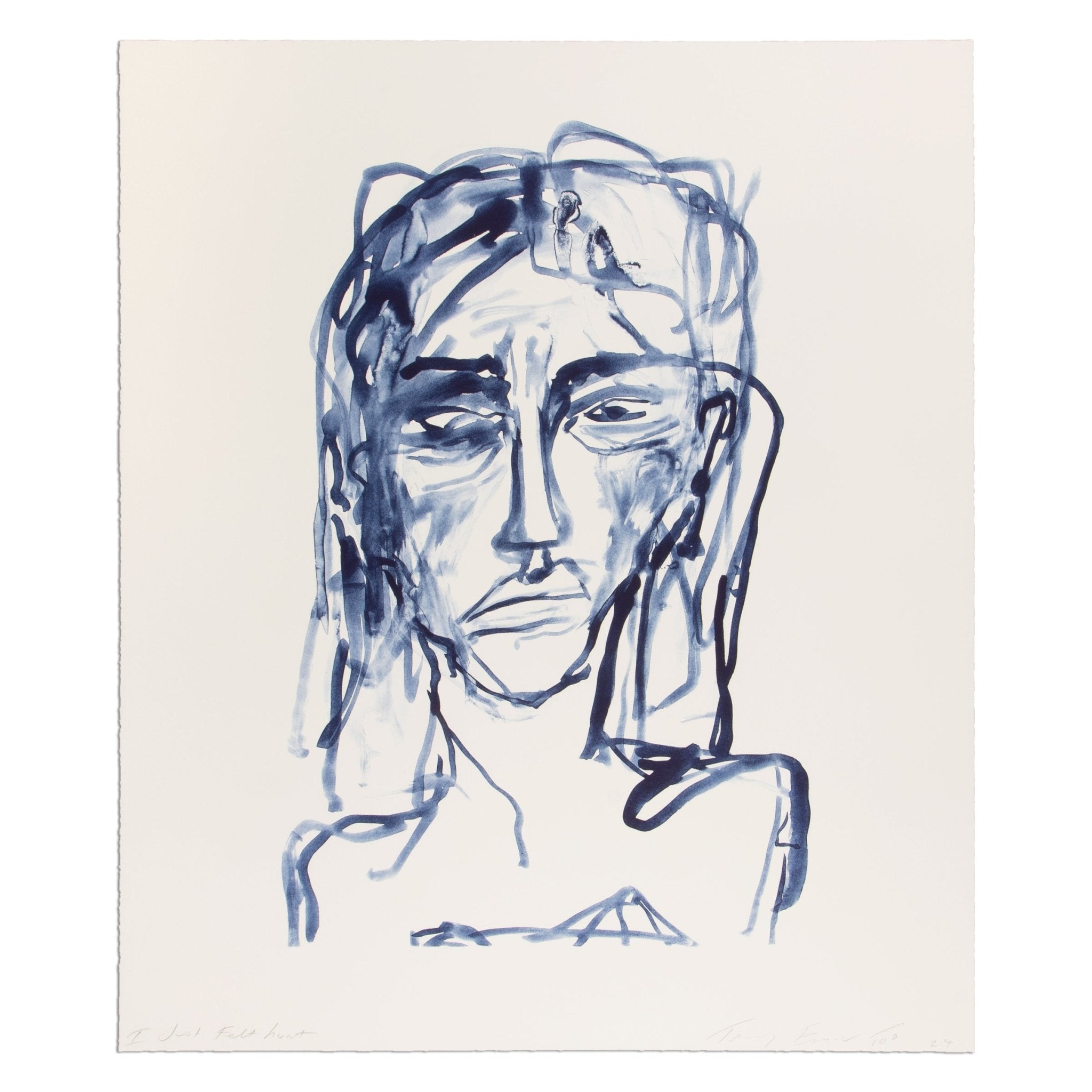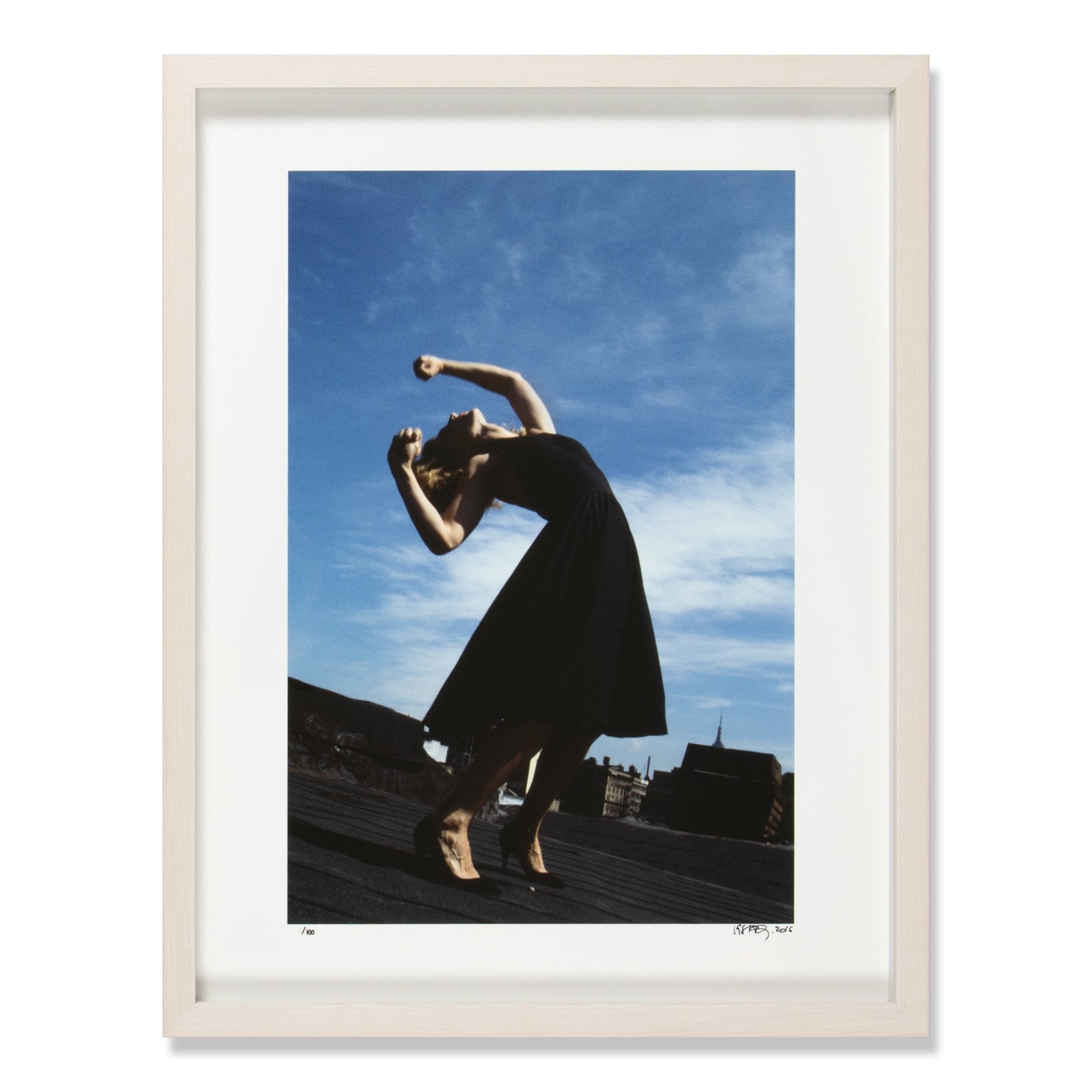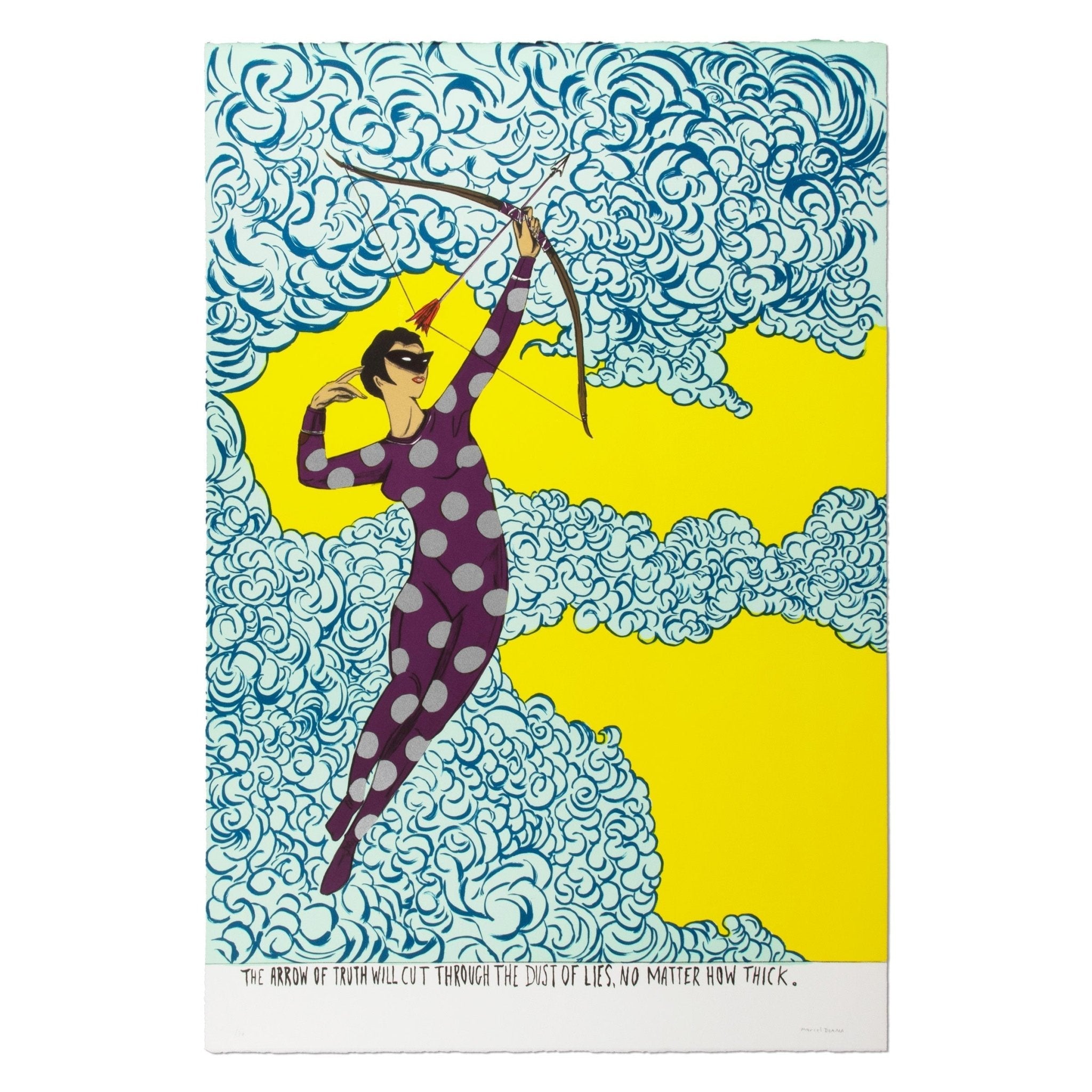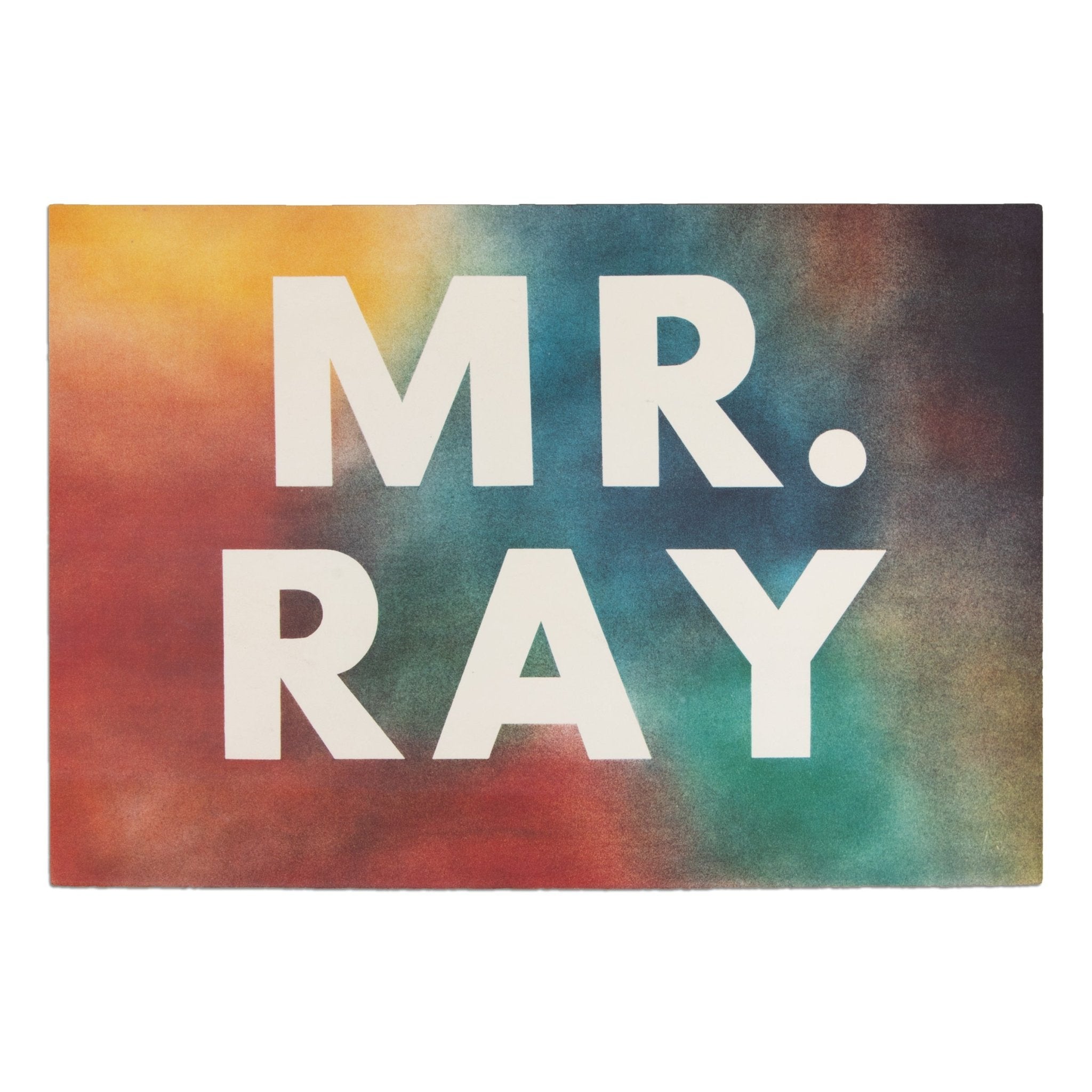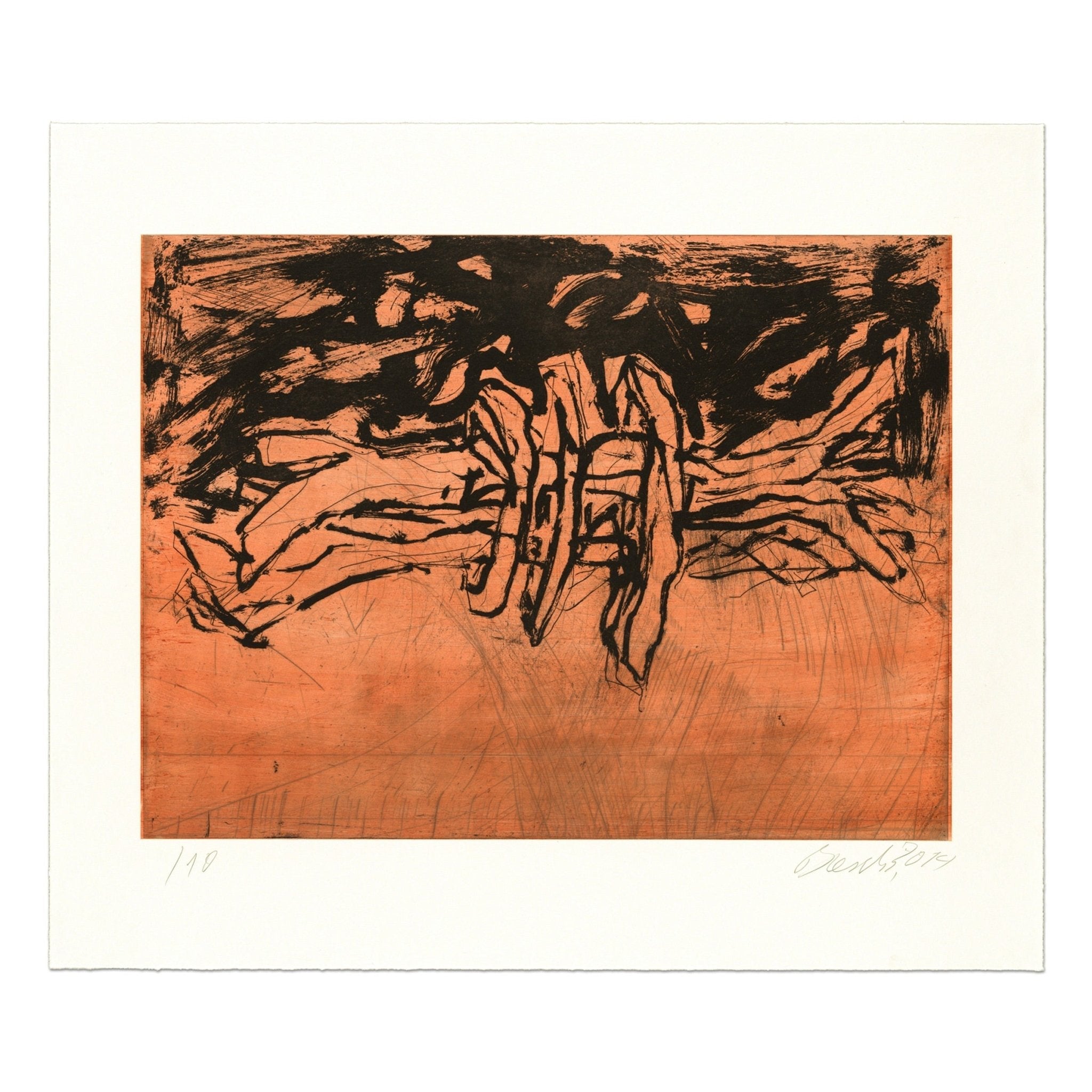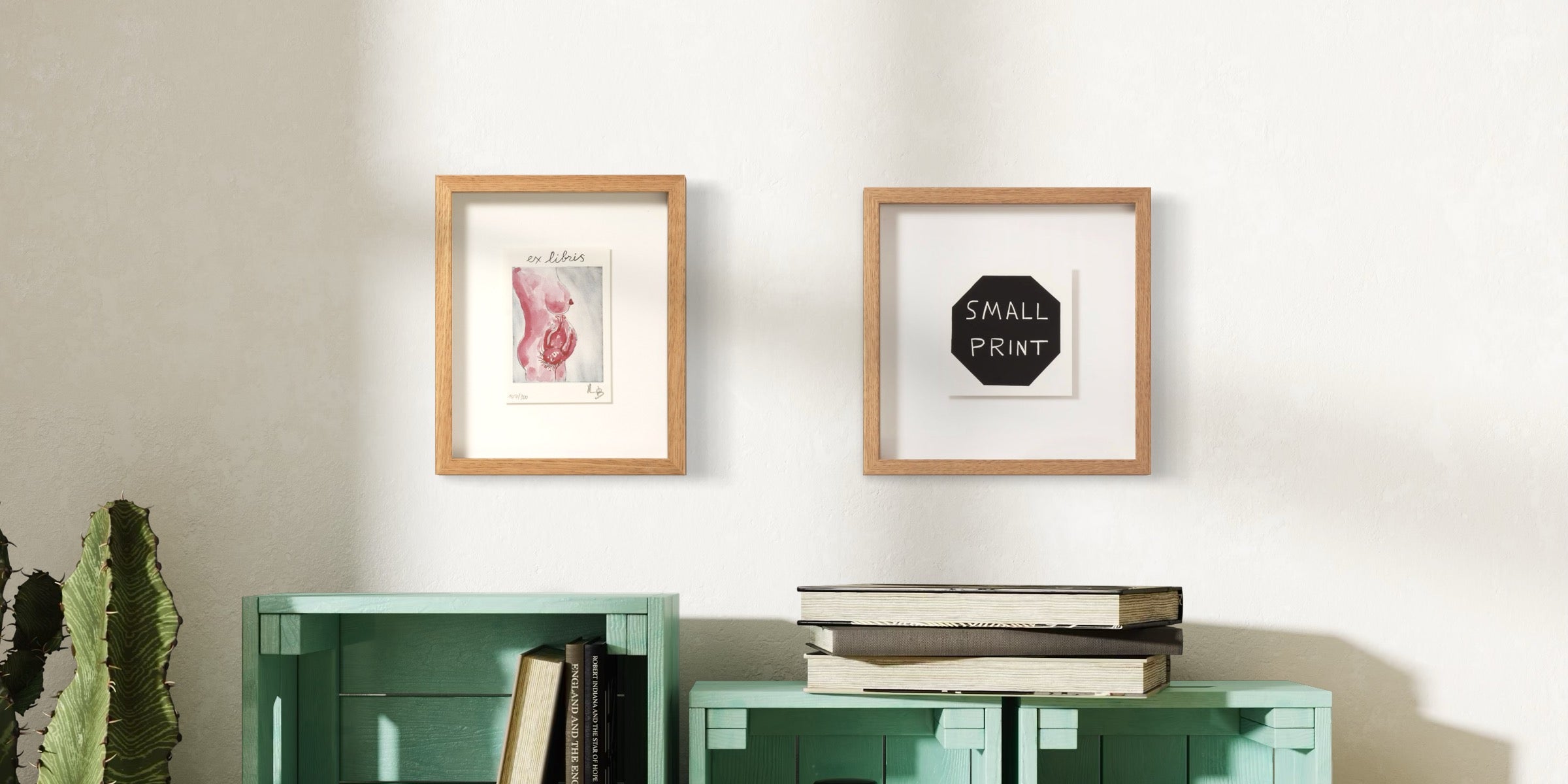Discover our editions
New art editions
Explore the newest additions to our collection — featuring recently discovered limited edition prints, photographs, and multiples by leading contemporary and post-war artists.
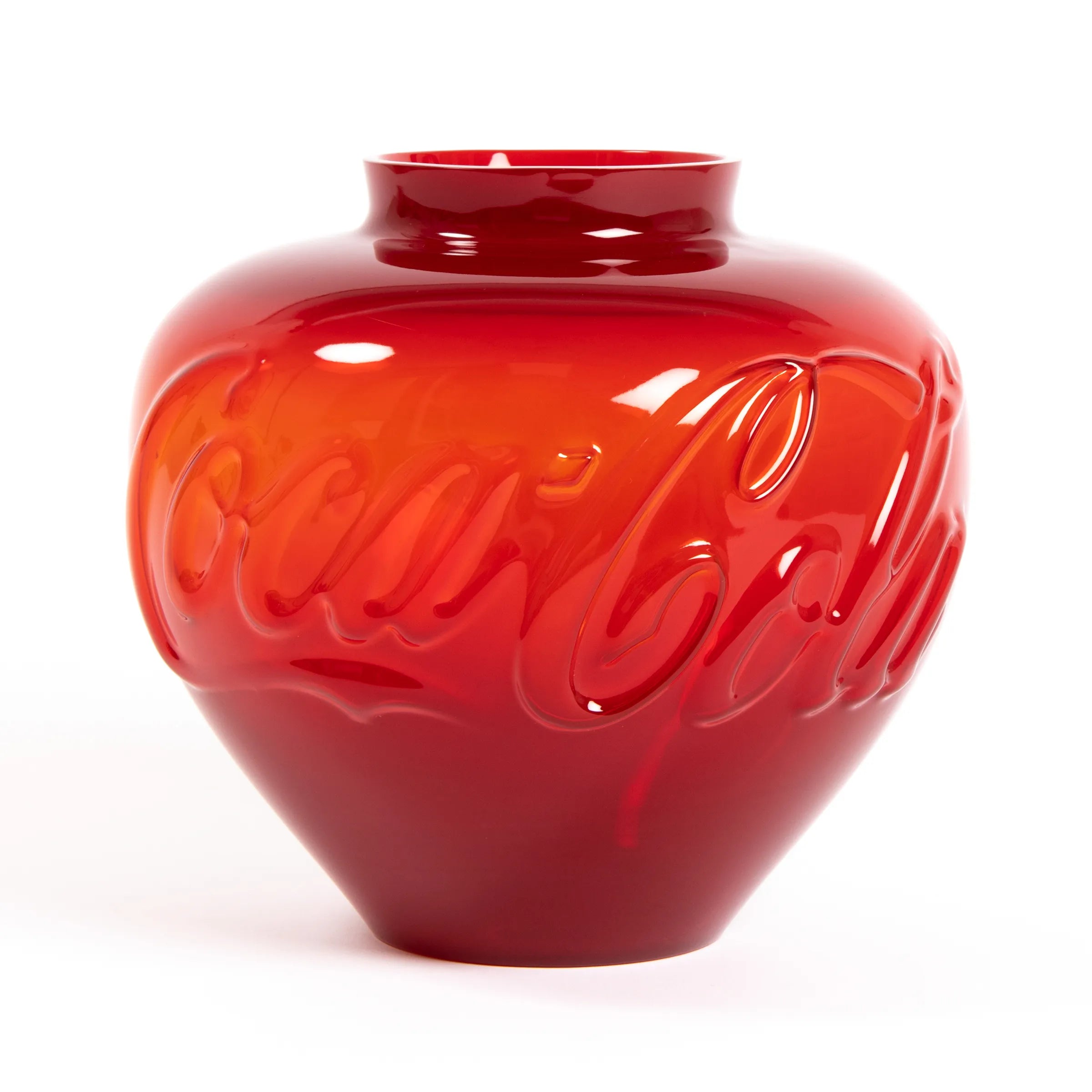
Like Warhol, we believe that several are better than one
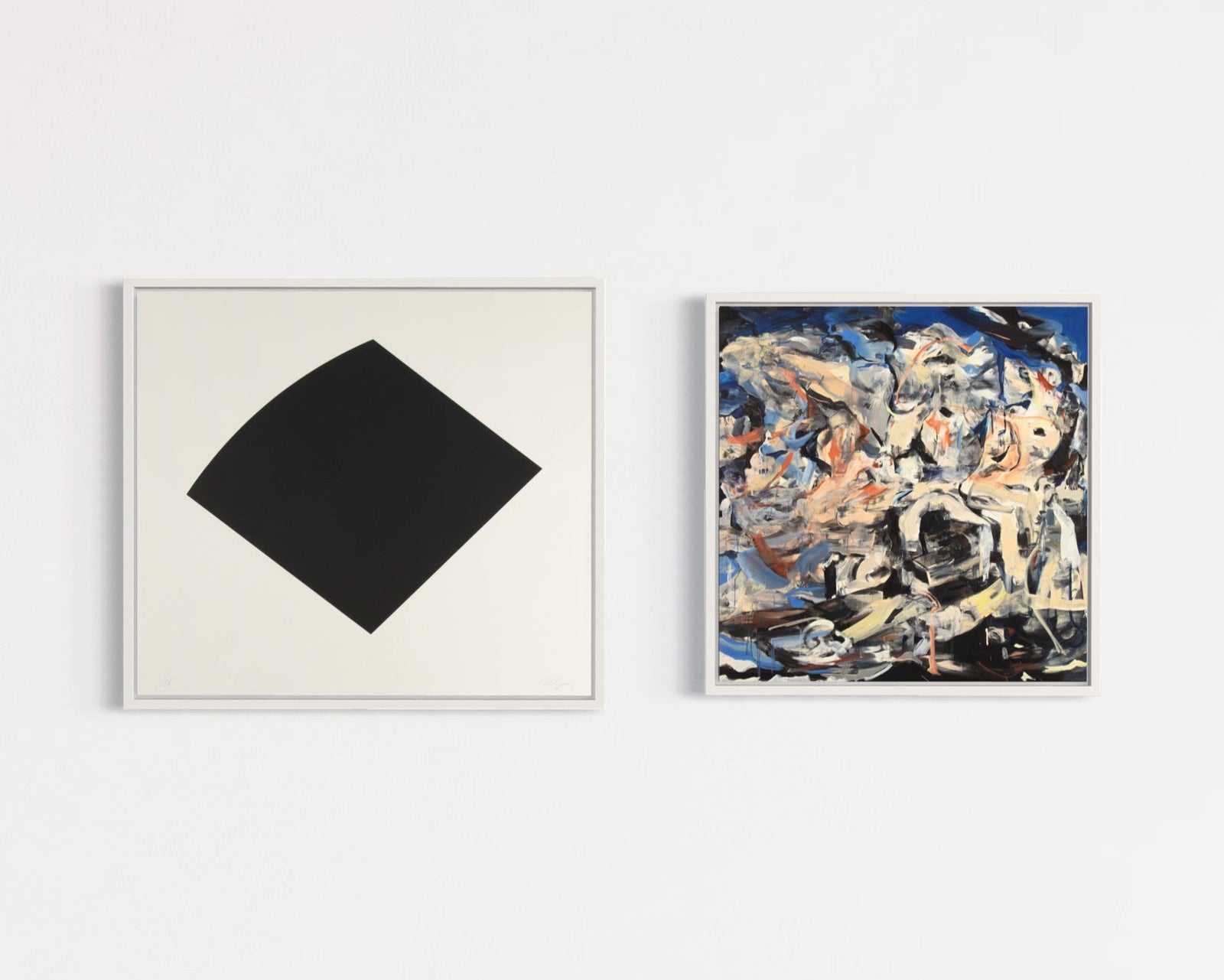
Discover geometric and gestural editions
Abstract Art
Our abstract art editions explore form, color, and emotion beyond direct representation. Featuring limited edition prints, photographs, and multiples, this collection captures the energy and freedom of abstraction. Each artwork is carefully sourced and authenticated, offering collectors a chance to acquire significant examples of editioned art with lasting cultural and aesthetic value.
Shop abstract works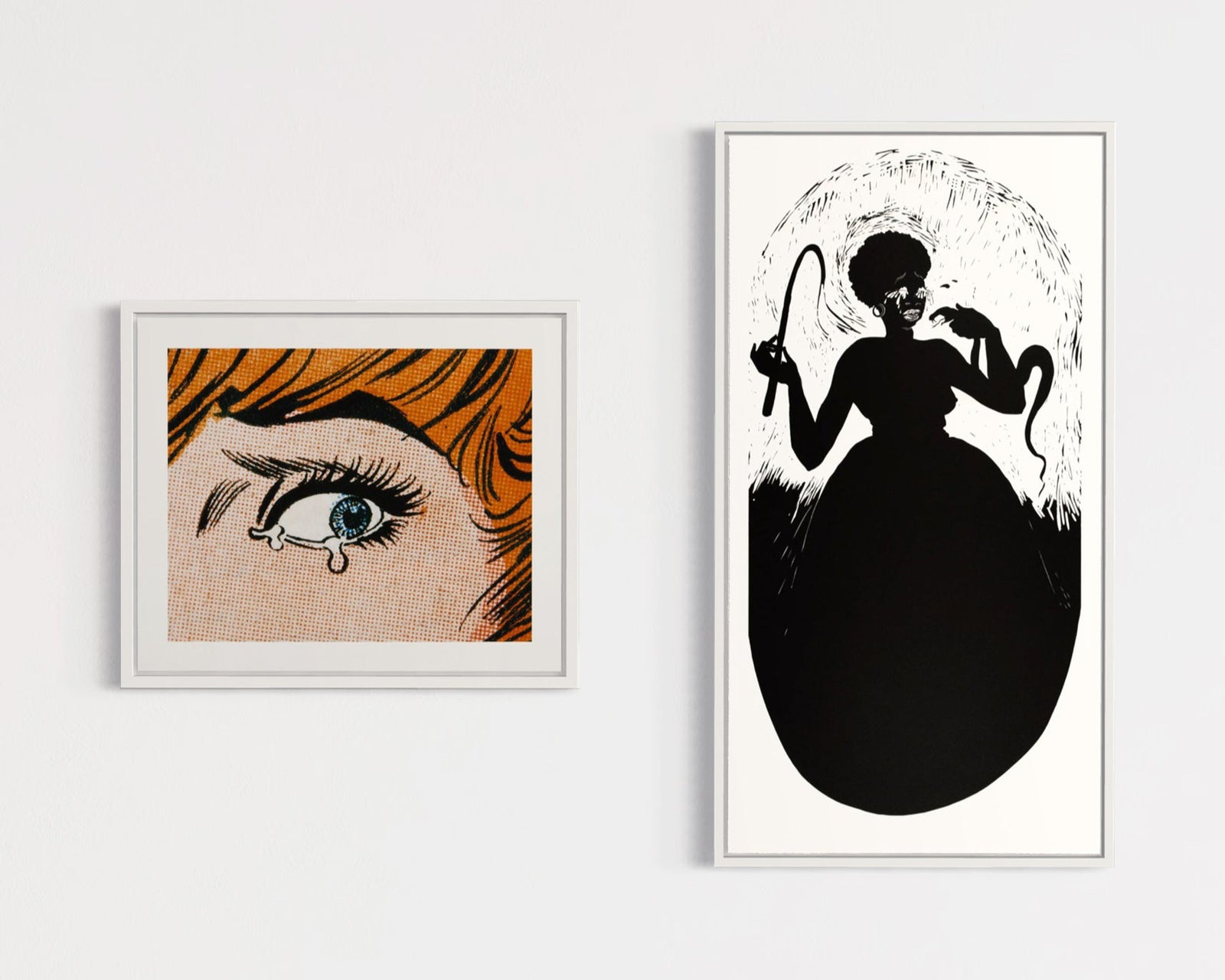
Discover groundbreaking voices in contemporary art
Women Artists
Our Women Artists selection celebrates the powerful contributions of leading female voices in contemporary art. Featuring limited edition prints, photographs, and sculptures, these works highlight innovative approaches to identity, resilience, and social commentary. From conceptual statements to bold visual experimentation, each artwork reflects a unique perspective.
Browse the collection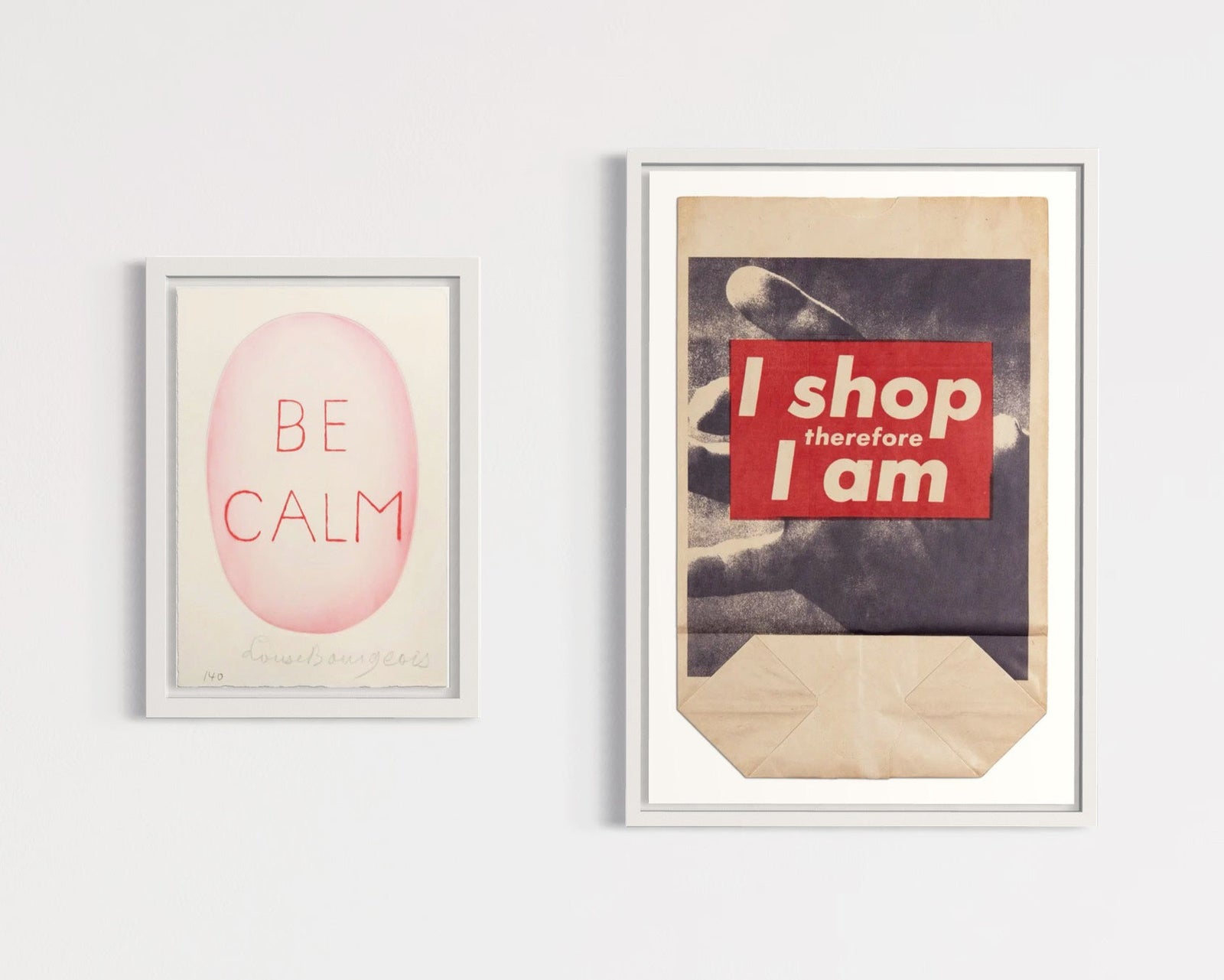
Where language becomes a visual form
Text-Based Art
Our Text-Based Art collection explores how words transform into powerful visual statements. Featuring limited edition prints and sculptures, these works combine text, meaning, and form to provoke thought and spark dialogue. From incisive critiques to playful commentary, each art edition highlights the enduring impact of language in contemporary art.
View the works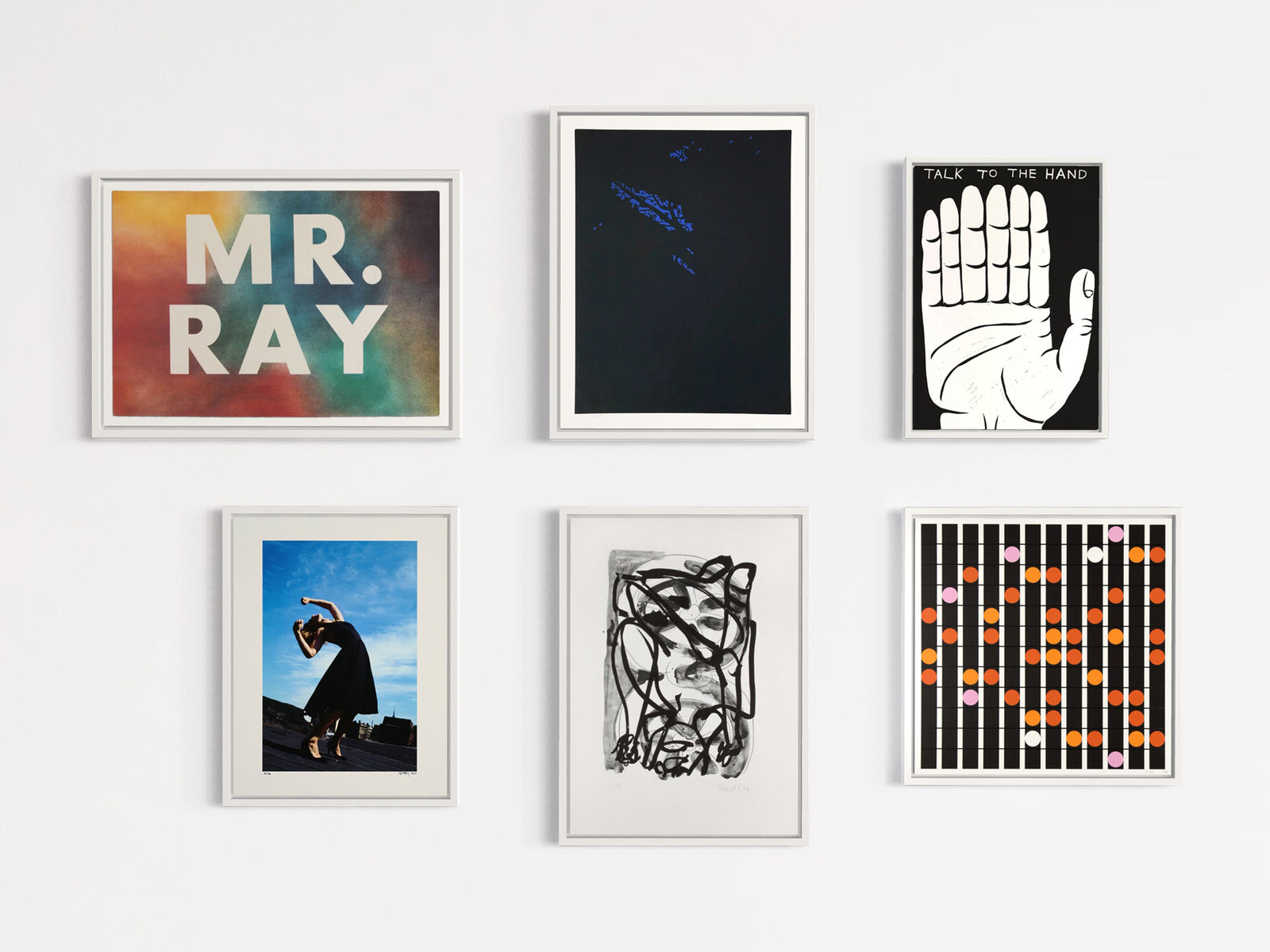
Explore all collections of art editions
Discover a wide range of art editions across different movements, themes, and artists. From Figurative Art and Political Art to the bold visions of British Artists and Pop Art, each collection offers a distinct perspective and entry point into contemporary and post-war practice. Explore the full breadth of our selections and find the prints, photographs, multiples, and sculptures that resonate with your collection.
View all collectionsFeatured artists
Discover iconic artists whose art editions continue to inspire and captivate collectors around the globe.
Perfect shipping experience!
Amazing packaging!
Wow. You said mint - and boy it is!
